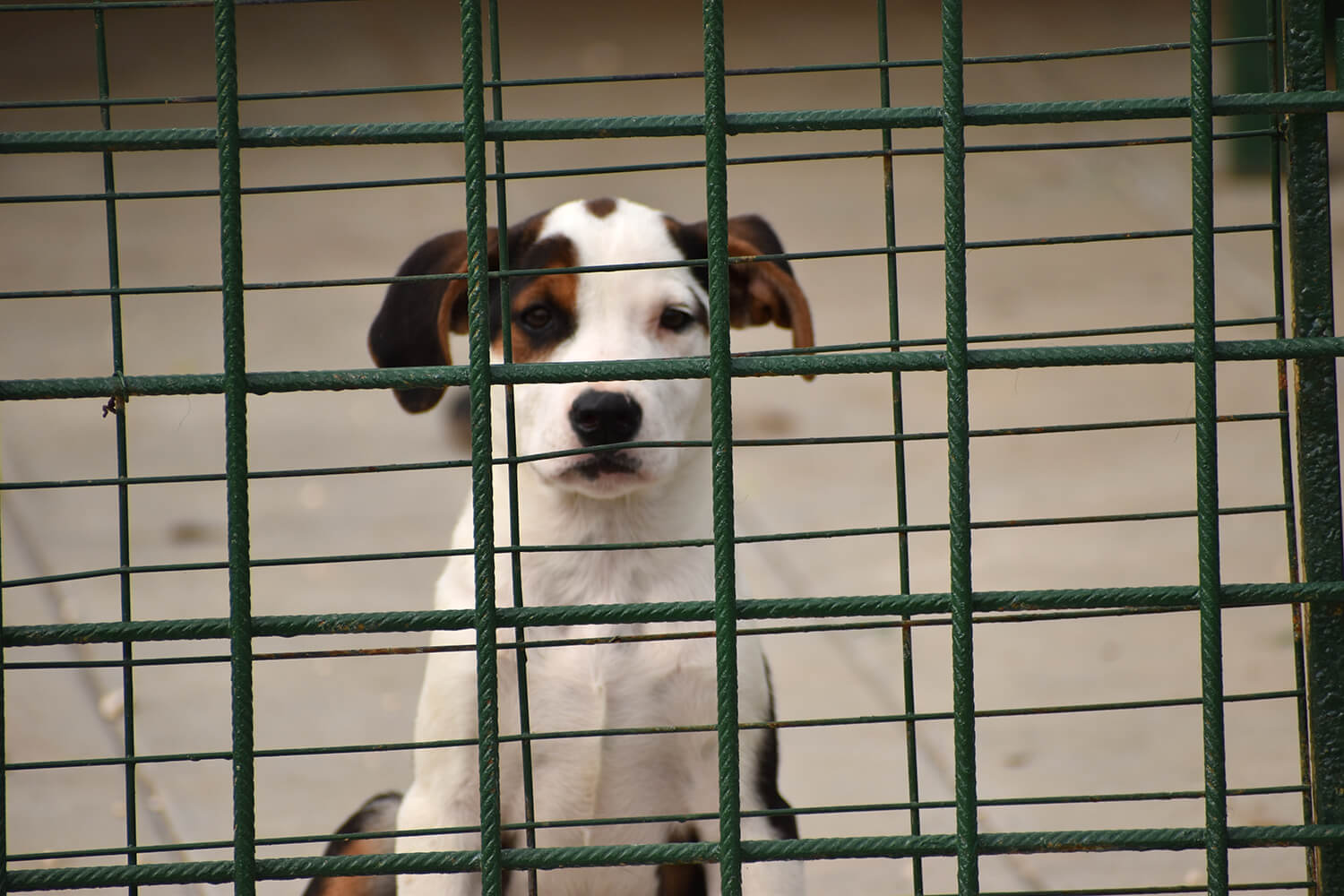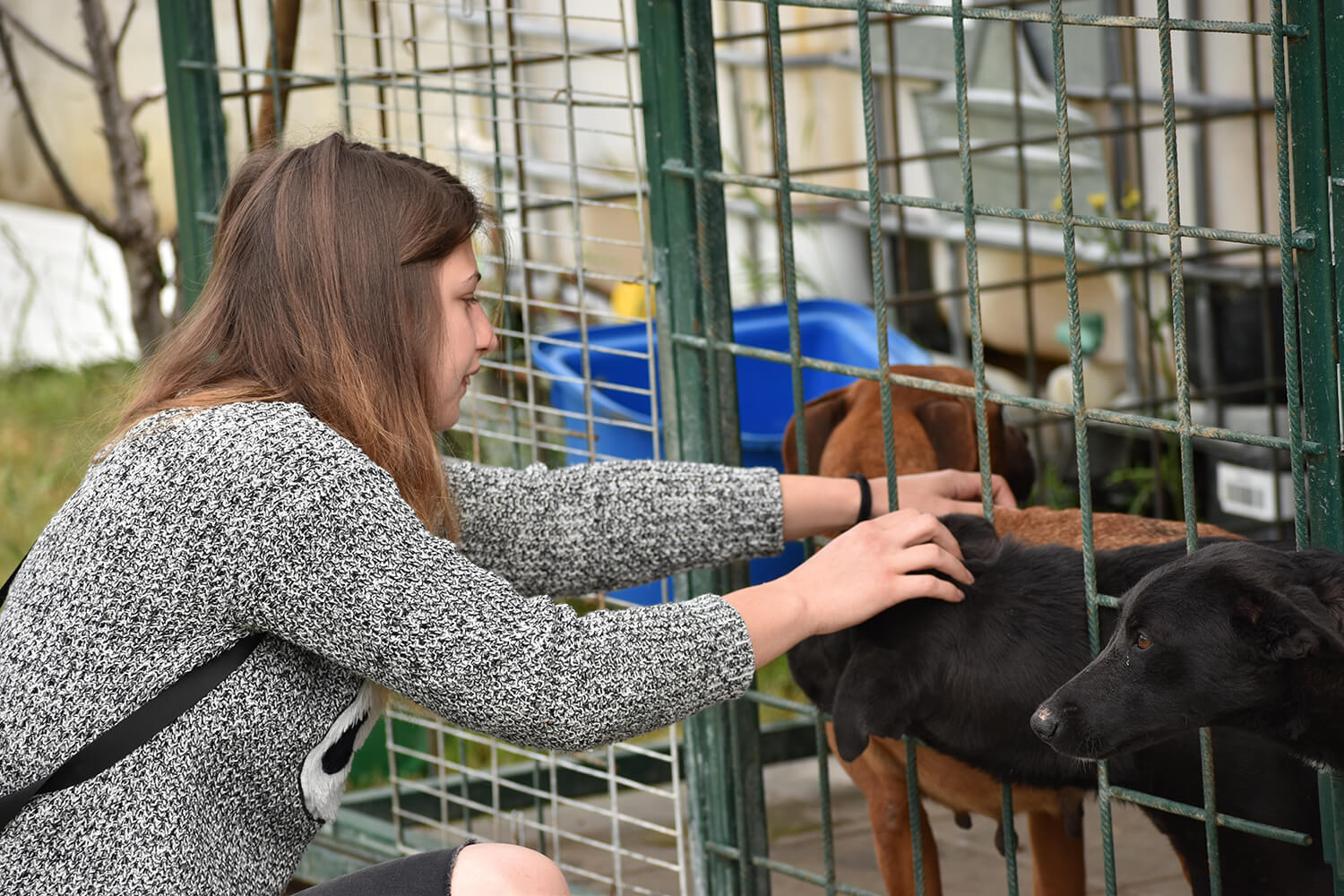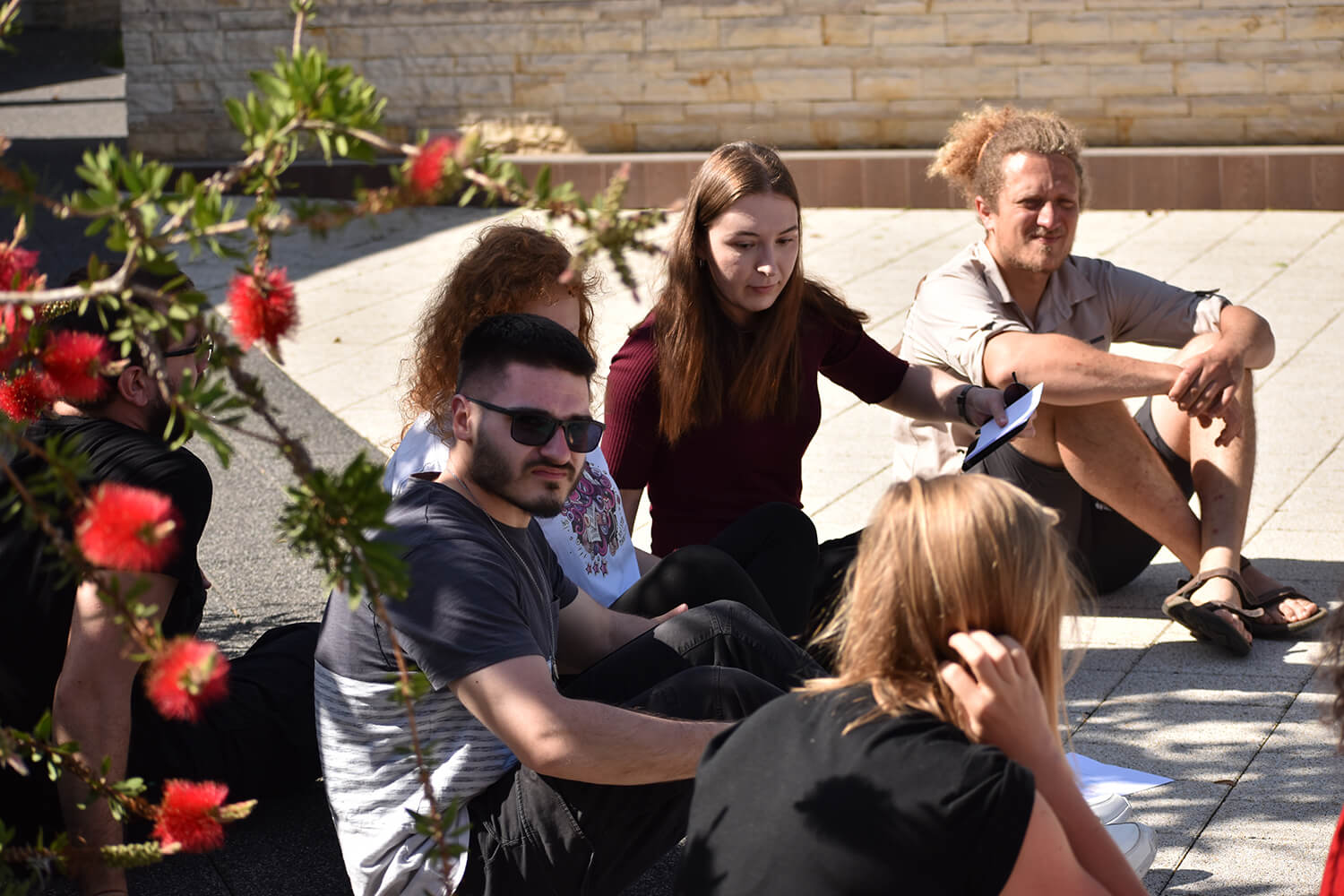Azil Dumovec: Where Zagreb Bus Drivers Take Their Injured Owls
December 8, 2021 – When there's an animal emergency in Zagreb, Azil Dumovec are the first to respond. TCN visits the city animal shelter to find out what they do.
Zagreb bus driver Dario Buzjak was making his final run from Velika Gorica back to the city terminal when he noticed something unusual lying in the road. Saturday night had already turned to Sunday morning on this late November evening. Yet, despite the lateness of the hour, the cold and bad weather, Dario postponed clocking off to stop and take a closer look.
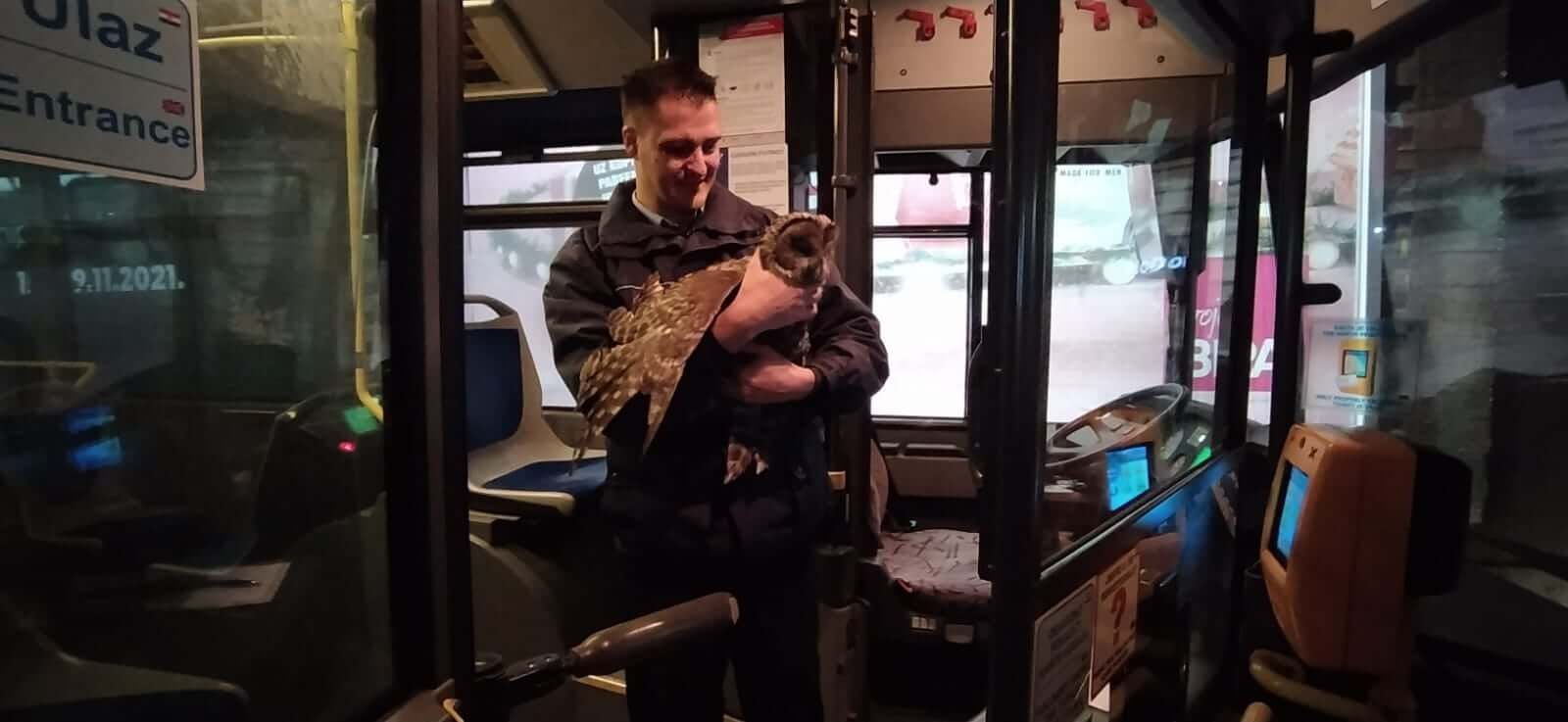
As he got nearer, Dario could tell the owl was injured. So, to make sure she wouldn't be run over by another driver, he carefully picked her up. After placing her in the footwell of his bus, he started back on his journey to the station.
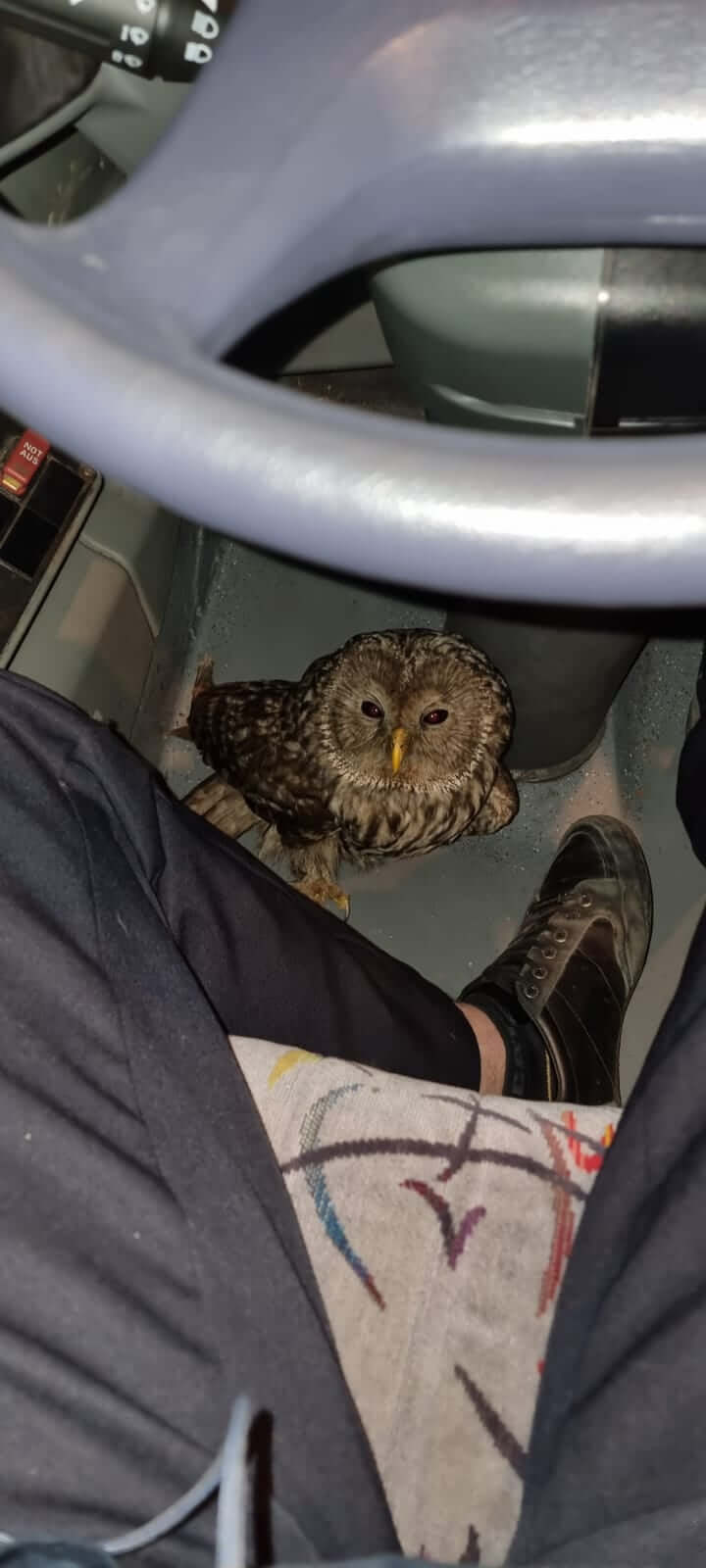
But, what to do next? Just who does a Zagreb bus driver contact when he finds an injured owl in the road?
Luckily, Dario Buzjak knew exactly what to do. He called Azil Dumovec.
“Dario knew about us because he adopted one of our dogs a few years ago,” says Tatjana Zajec, manager of Azil Dumovec. Based on the eastern outskirts of Zagreb, it is Croatia's first and largest municipality-owned animal shelter. “After he made sure it was safe inside the bus, he called us immediately. We took the call here and sent out one of our animal welfare responders.”
If there's an emergency involving an animal in Zagreb, Azil Dumovec is the first point of call. In fact, if someone phones 112 (the general emergency line) about an animal, the operator will make an assessment and, if warranted, transfer the caller to Azil Dumovec.
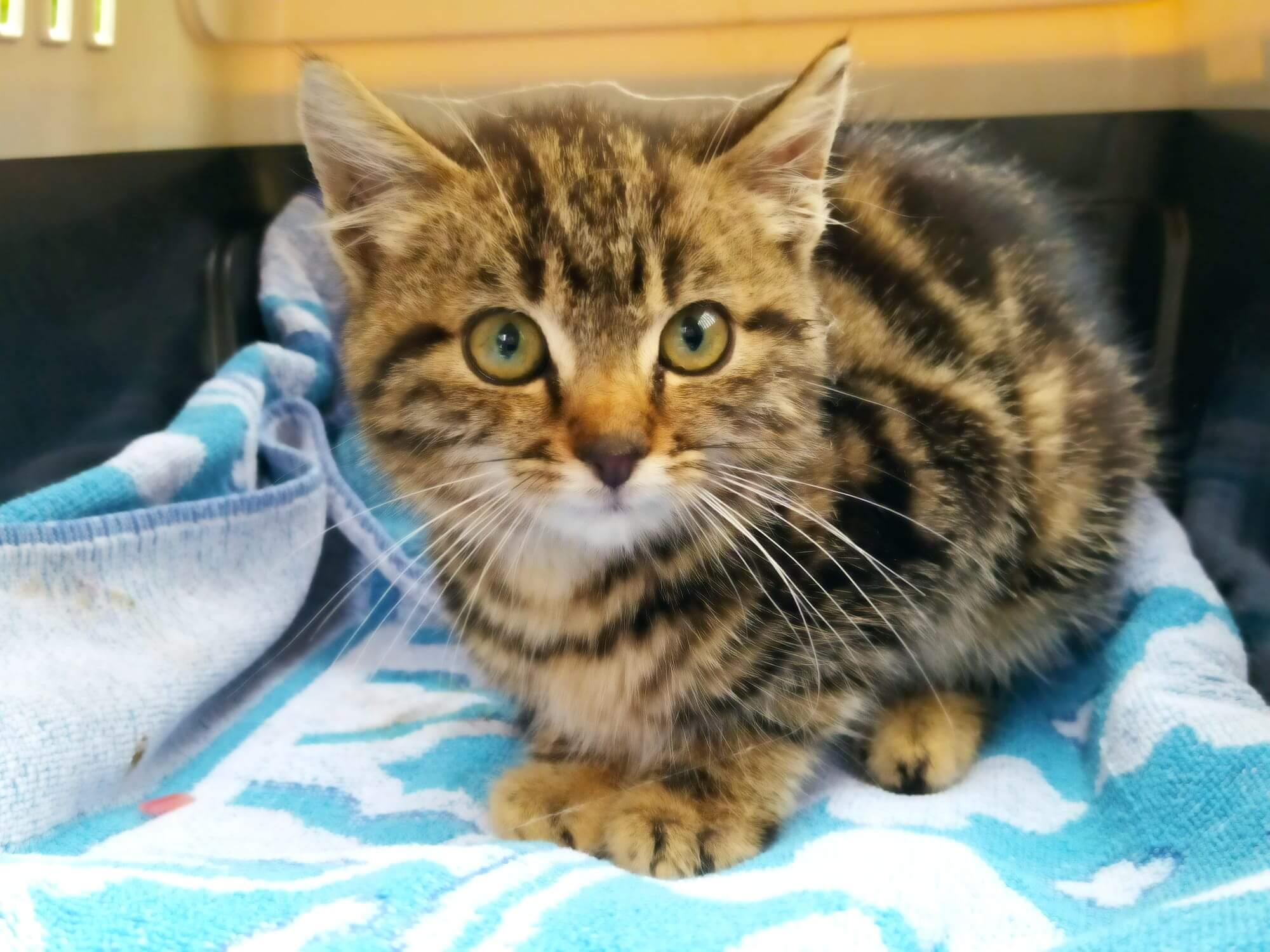
“On average, we take around 60 calls per day,” says Tatjana, as she shows Total Croatia News around their operations in Dumovec. Cats wander freely around the shelter's offices. Outside, a long line of excited dogs - temporary visitors waiting to be adopted. “Around 10 of those calls will be about wildlife. The others will be about domesticated animals and could come from members of the public, neighbours, the police or social services.”
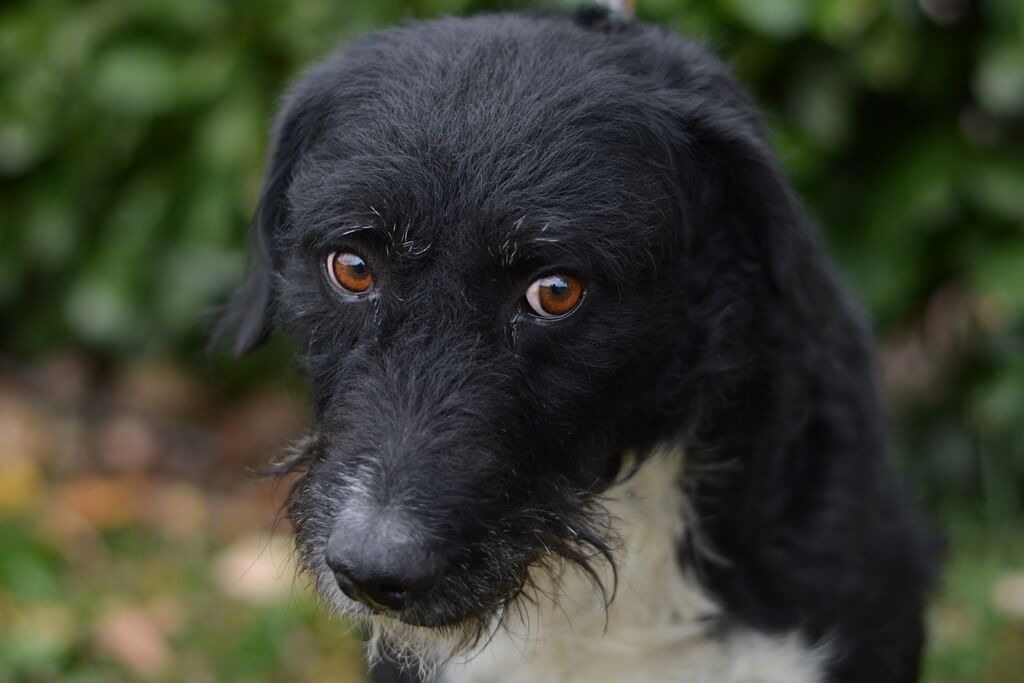
“They're not always calling about dogs and cats. We are asked to come to collect pigs, ducks, geese and chickens, even though you're not really supposed to be keeping such animals when you live within city limits. Also sheep. In fact, we had one sheep just last week. She was tied to a tree in a city park. The police called us. But, by the time we got there a guy had arrived from the local pub and claimed it as his sheep. He'd tied it up in the park while he went for a drink.”

When Azil Dumovec are contacted about an animal emergency, their phone operators must decide what to do. If the call is about a regular domesticated house pet, like a dog or a cat, the animal is brought to the centre in Dumovec, checked by their vets and given a temporary home until a new one is found. If the call is about a more exotic or wild animal, Azil Dumovec will despatch a responder to collect it and take it to the Wildlife Rehabilitation section of Zagreb Zoo. The other option is to transfer the animal to AWAP (Association for Wild Animals Protection), a charity rescue centre for confiscated and injured protected animals.
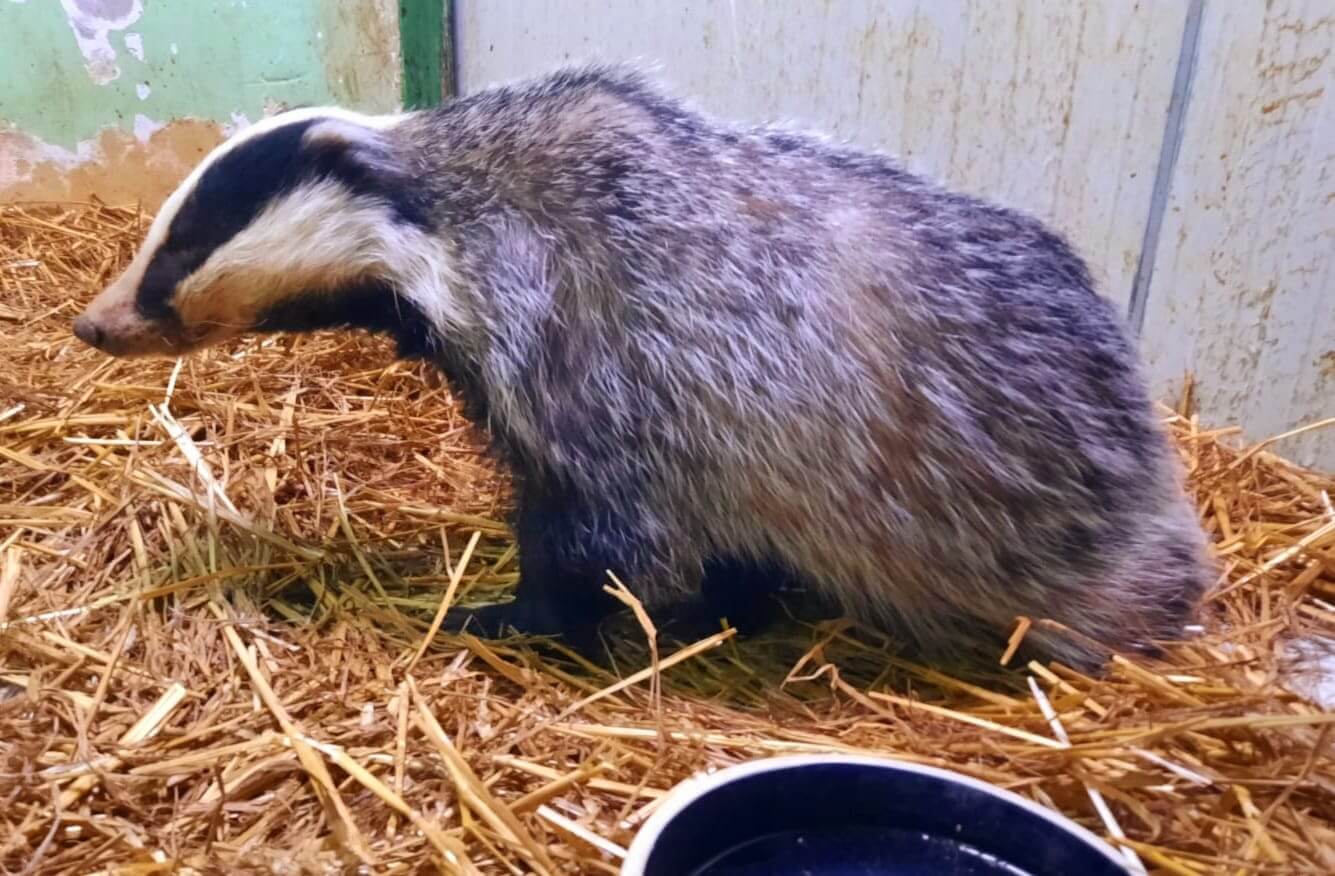
“We deal with bats, badgers, beavers, deer, snakes, you name it,” says Tatjana. “Occasionally we even see some venomous snakes like poskok (Horned viper - Vipera ammodytes). Usually, they live in the area of Medvednica. But, several times we've been called to remove them from Zagreb houses. They crawl into basements and sometimes cars to escape from bad weather.”
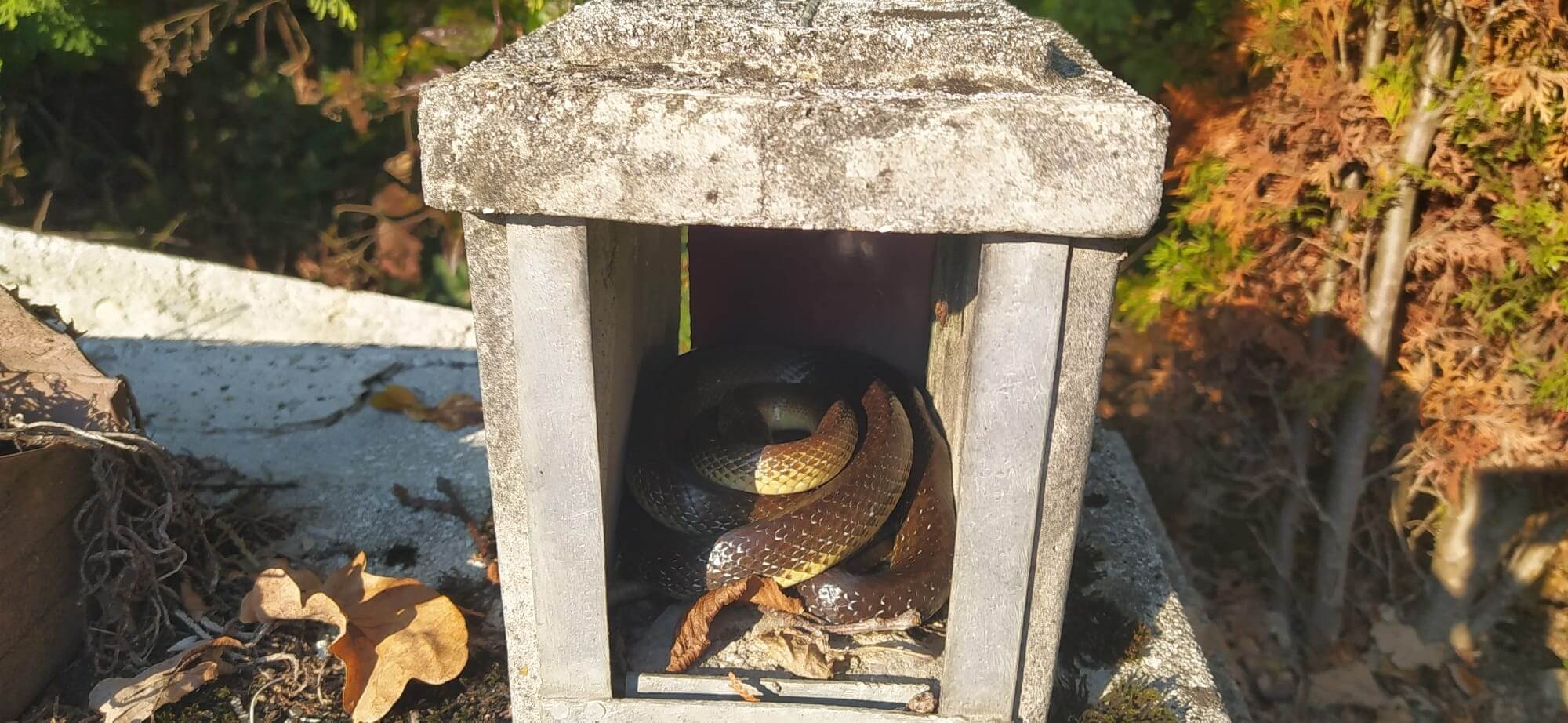
“A lot of the calls we get are because wild animals share parts of the city with people,” she says. “And, many of the people who live here just don't understand it. They don't know what to do. For instance, they might have a bird or a bat that makes a home for itself on their balcony. Or they might be startled by the sight of a family of foxes living on the embankment. We know one deer who likes to come to an area near Cibona Tower, very close to the city centre. He comes every year. I think it's maybe a student accommodation place. We always have so many calls about him.”
Sandrino, Tatjana's co-worker shakes his head. A veteran worker at the shelter, Sandrino used to work outside with the animals. Now, he answers the phone in the call centre.
“This is cleaner,” he tells TCN of his new position. “But, honestly, it's better to work outside with the dogs.”
Why?
“Different kinds of people call you,” he says. His emphasis is on the word 'different'. He's being polite.
“Well, it's a big town,” he adds, with a shrug and a smile. “One guy found an injured pigeon. We had to send it to AWAP. He asked “Can I come to visit him?”, like it is some kind of hospital with visiting times.” Sandrino laughs.
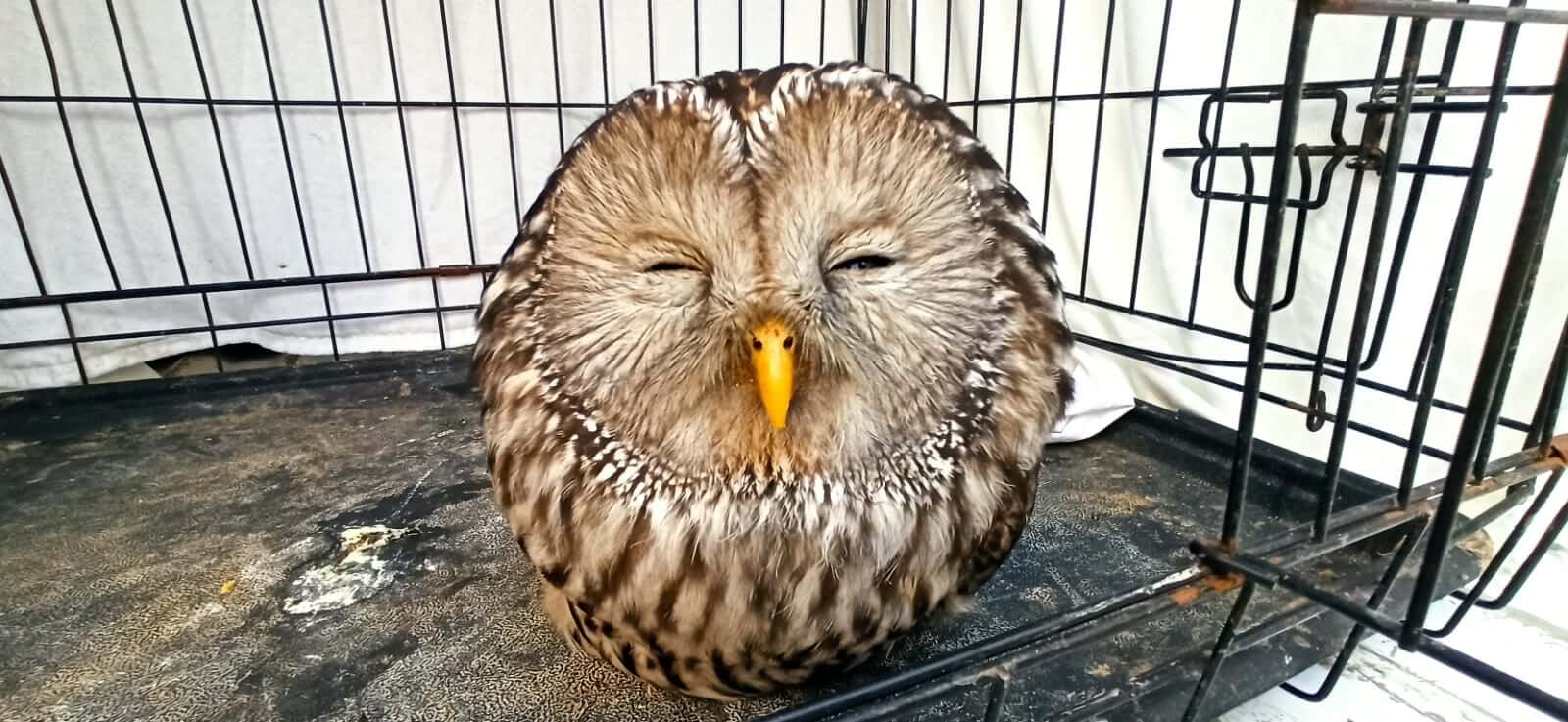 Another owl referral to Azil Dumovec. This one, collected on 3 December, was found near Koprivnica
Another owl referral to Azil Dumovec. This one, collected on 3 December, was found near Koprivnica
Tatjana herself has also seen her role change significantly during her time here. Originally, she graduated as a veterinary doctor. But, since joining Azil Dumovec, she's become shelter manager and helped them shape Croatian law and embrace the social media revolution.
“Actually, we took some inspiration from the UK,” she recalls. “After graduation, I contacted the RSPCA and the Dog's Trust to learn how they did things. Thereafter we became a 'no kill' shelter. Our next step was to lead the call for our Animal Welfare Law in Croatia to be changed. We succeeded and after that, all Croatia's shelters became 'no kill', like us.”
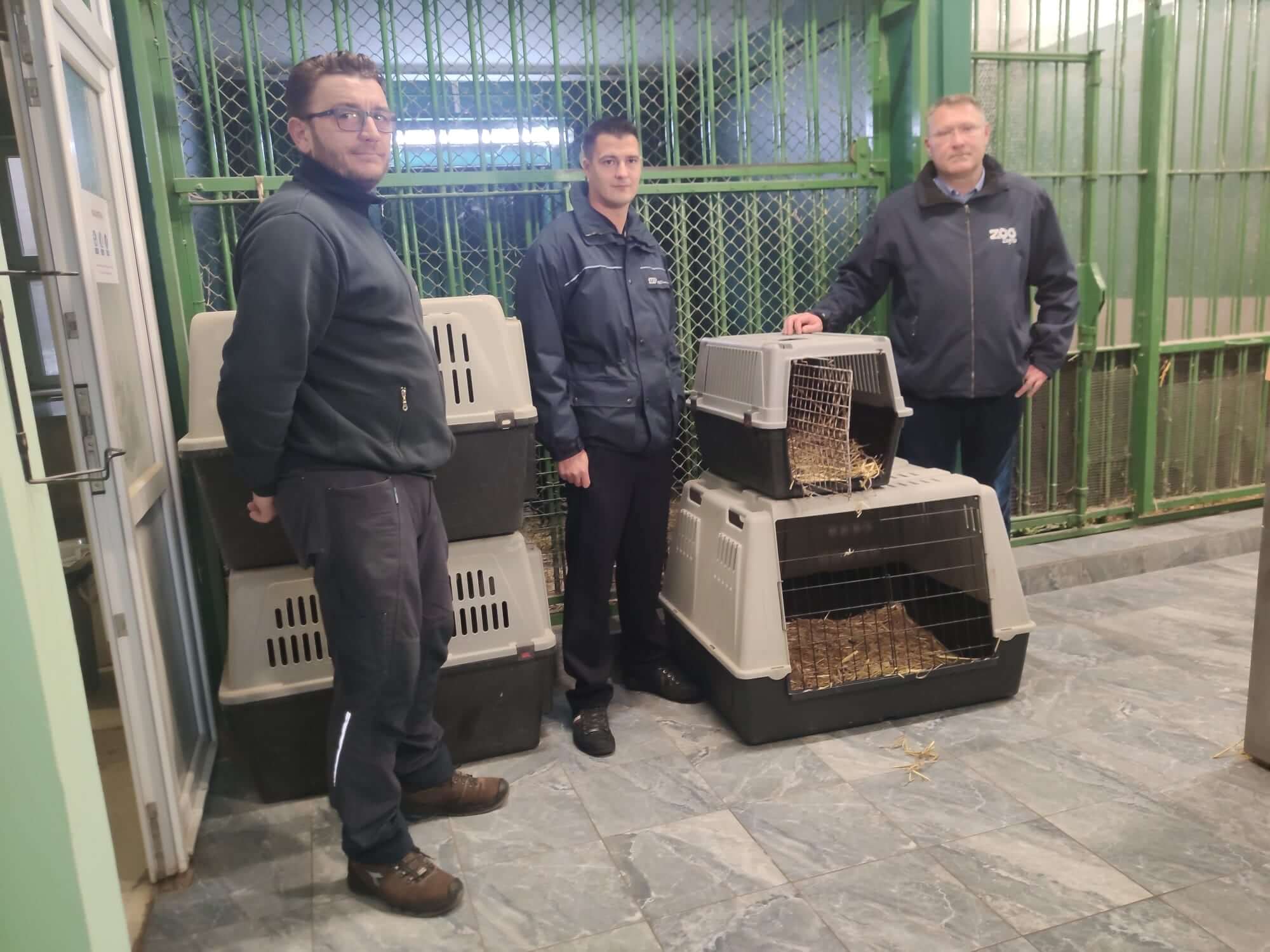 Dario Buzjak visits the owl he found at Zagreb Zoo
Dario Buzjak visits the owl he found at Zagreb Zoo
In the hours following Dario Buzjak's owl discovery, it seemed like half of Zagreb knew about his story. Photos of the owl taking a ride on Dario's Zagreb bus hit Facebook and Instagram first. The next day, TV and newspaper reporters were dispatched to Zagreb Zoo where they interviewed Dario visiting his new friend.
“Today, our social media accounts are a very important part of our communications,” says Tajana. “We dedicate quite a lot of time to them – posting photos, getting the stories and following up. But, in the end, it's totally worth it. These social media channels are the reason we have the highest rehoming rates in Croatia. We rehome over 1000 animals every year.”
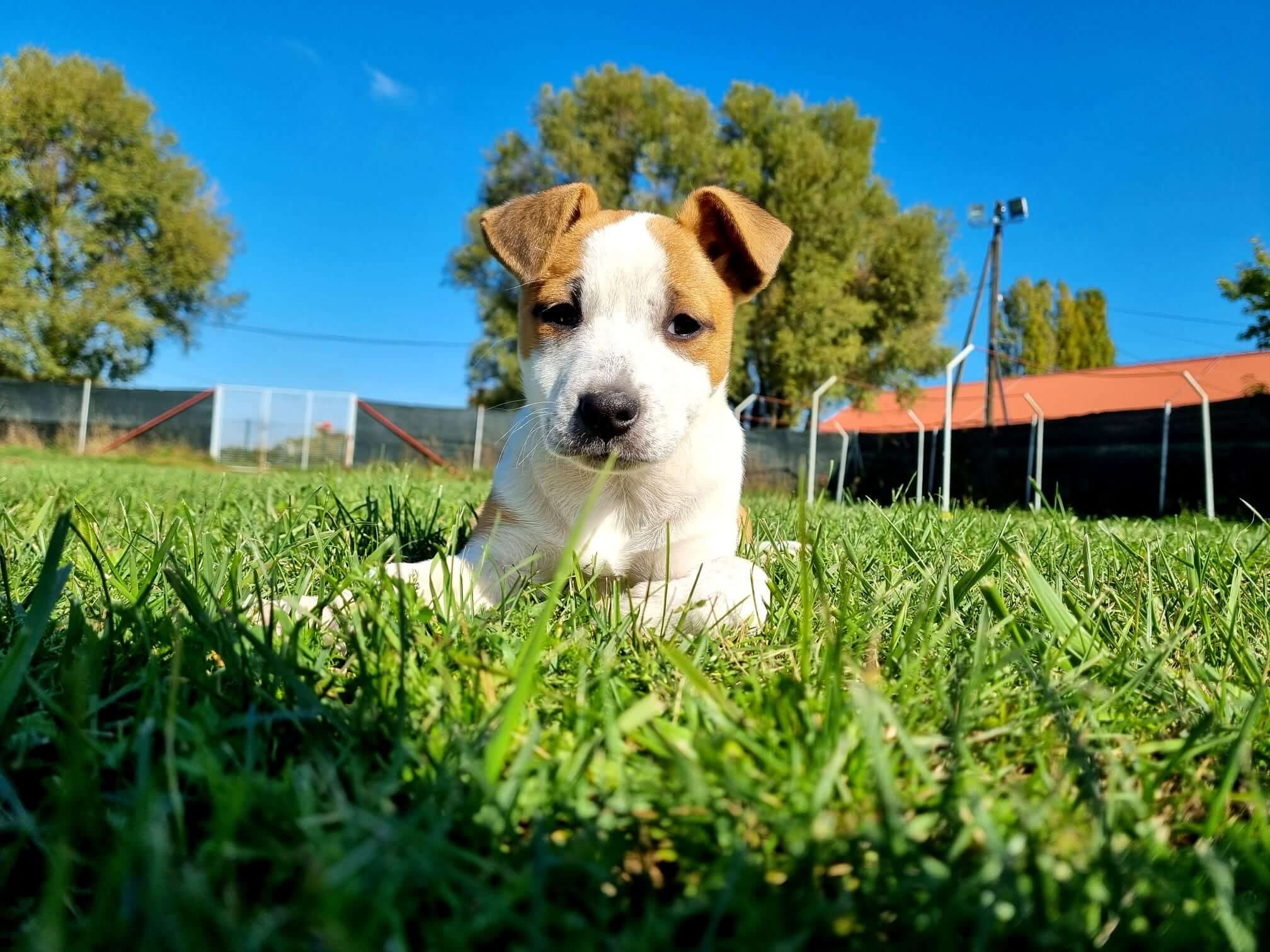 Cute photos on social media. Time-consuming but effective.
Cute photos on social media. Time-consuming but effective.
You can find out more about Azil Dumovec from their website here, their Facebook here or their Instagram here
All images courtesy Azil Dumovec
Zagreb Cat Shelter Promised by Mayor Tomislav Tomašević
October 9, 2021 - The Zagreb cat shelter project is among the necessary strategic documents of the City and is included in the list of initial projects from 2021 - 2027.
The Mayor of Zagreb, Tomislav Tomašević, announced the construction of a shelter for cats during a tour of the Zagreb Shelter for neglected animals. There, the City of Zagreb, in cooperation with the Zagreb Zoo and the Animal Friends Association, organized the 19th International Animal Protection Day celebration, reports Jutarnji List.
"We plan to increase the capacity for accommodating cats in Dumovec. In order to prevent dogs from leaving, we continue to control microchipping, "said Tomasevic.
The cat shelter project is among the necessary strategic documents of the City of Zagreb and is included in the list of initial projects for the financial perspective from 2021 - 2027.
With this project, the City of Zagreb would get an appropriate shelter for the accommodation of injured and sick and other neglected cats.
"At the Zagreb Shelter for neglected animals, we currently have a hundred animals - 70 dogs and 30 cats. Since the beginning of the coronavirus pandemic, we have received a smaller number of dogs in the Shelter, but we still find abandoned pets on the streets of Zagreb. Most of them do not have a microchip," said Damir Skok, director of the Zagreb Zoo, which includes the Shelter in Dumovec.
The employees of the Shelter are happy that some participants left with a new pet during the International Animal Protection Day celebration. The mayor also invited the people of Zagreb to adopt dogs and cats.
"Buying dogs is not necessary. There are many dogs that need to be adopted. Trust me, every dog you adopt will be loyal to you for the rest of your life. That dog becomes a member of the family," said Tomasevic.
During the International Animal Protection Day celebration, citizens were able to visit the Shelter, see how work is done on the education and socialization of dogs, and meet associations that work with animal protection. An educational and entertaining program was also prepared for children. Animal Friends organized a Vega picnic. Citizens were also encouraged to adopt by dm, who gives a gift voucher worth 50 kuna to anyone who adopts a dog or cat by the end of the year to buy food and other products from the pet range.
For more on lifestyle in Croatia, follow TCN's dedicated page.
Youth for Stray Dogs Project in Zadar Ongoing from May 12 to 18
May 17, 2021 - 21 youths from Croatia, Greece, and Serbia are now in Zadar, Croatia for a week of helping stray dogs. Youth for Stray Dogs is a long-term project aiming to develop a solution for the rampant stray dog problem. Join them at their public event tomorrow, May 18, 2021, at the Zadar Sea Organ from 10:30 am onwards.
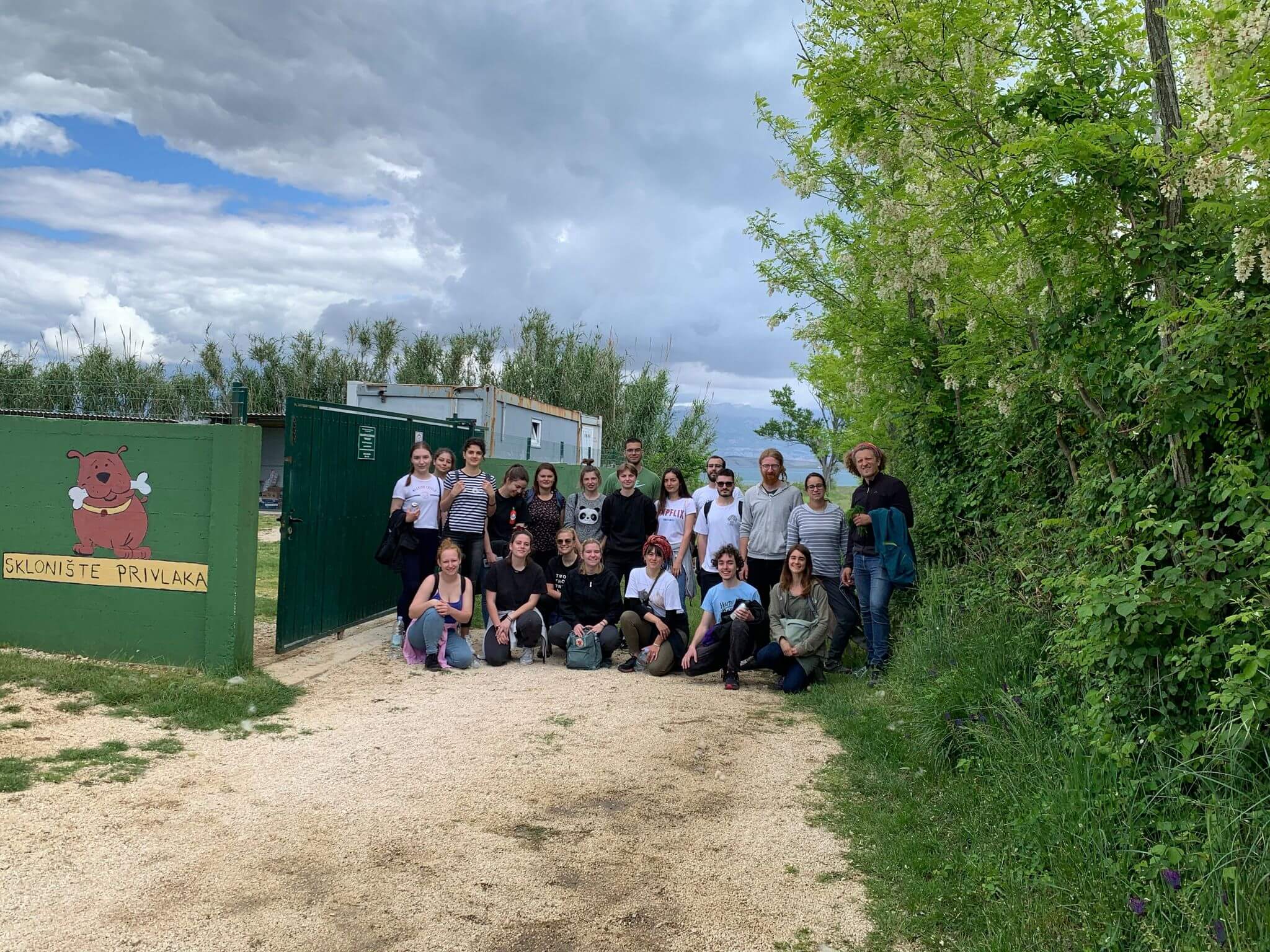
Youth for Stray Dogs on a day of helping Privlaka animal shelter | Photo credit: Udrugra Prizma
Udruga Prizma from Gračac in line with the Erasmus + program of the European Union gathered 21 youths from three European countries (Croatia, Greece, and Serbia) with the highest numbers of stray dog population to come up with a long-term solution to lessen, if not totally eradicate, the problem.
The group believes that human behaviour is the most important factor in determining the stray dogs’ population dynamics and that the best and the most effective way to help homeless animals is to raise awareness in the community by educating them on how to be responsible dog owners and to give knowledge and assistance to people who are interested in learning how to become one.
Udruga Prizma said that the main objectives of this project are to promote responsible ownership through the encouragement of communities about greater dog responsibility for future and current owners, to raise awareness for animal rights and adoptions, to increase human’s positive attitude toward all sentient beings and to entice the youth in actively helping the community through practical activities.
To do that, Youth for Stray Dogs will conduct group reflections and discussions about current animal rights, visit dog shelters, conduct an interview with a dog trainer and organise local activities to engage the community in increasing empathy for all animals.
Photo credit: Luana Matošević
Below is the itinerary for Youth for Stray Dogs provided by Luana Matošević, one of the project coordinators:
May 15, 2021 (Saturday) - visit the Sklonište za źivotinje Privlaka (animal shelter) to help and take the dogs out for a walk
May 16, 2021 (Sunday) - atelier workshop to create beds for dogs by reusing abandoned tires they have recently collected from the Musapstan forest
May 17, 2021 (Monday) - a symposium about dog behaviour and animal first-aid to be conducted by a veterinary student from Greece
May 18, 2021 - CULMINATION DAY: Youth for Stray Dogs will hold a public event at Zadar sea organ from 10:30am to promote the project. They will be giving out informative brochures about everything you need to know to lessen the existing stray problem, and raise funds and food to be donated to Privlaka animal shelter.
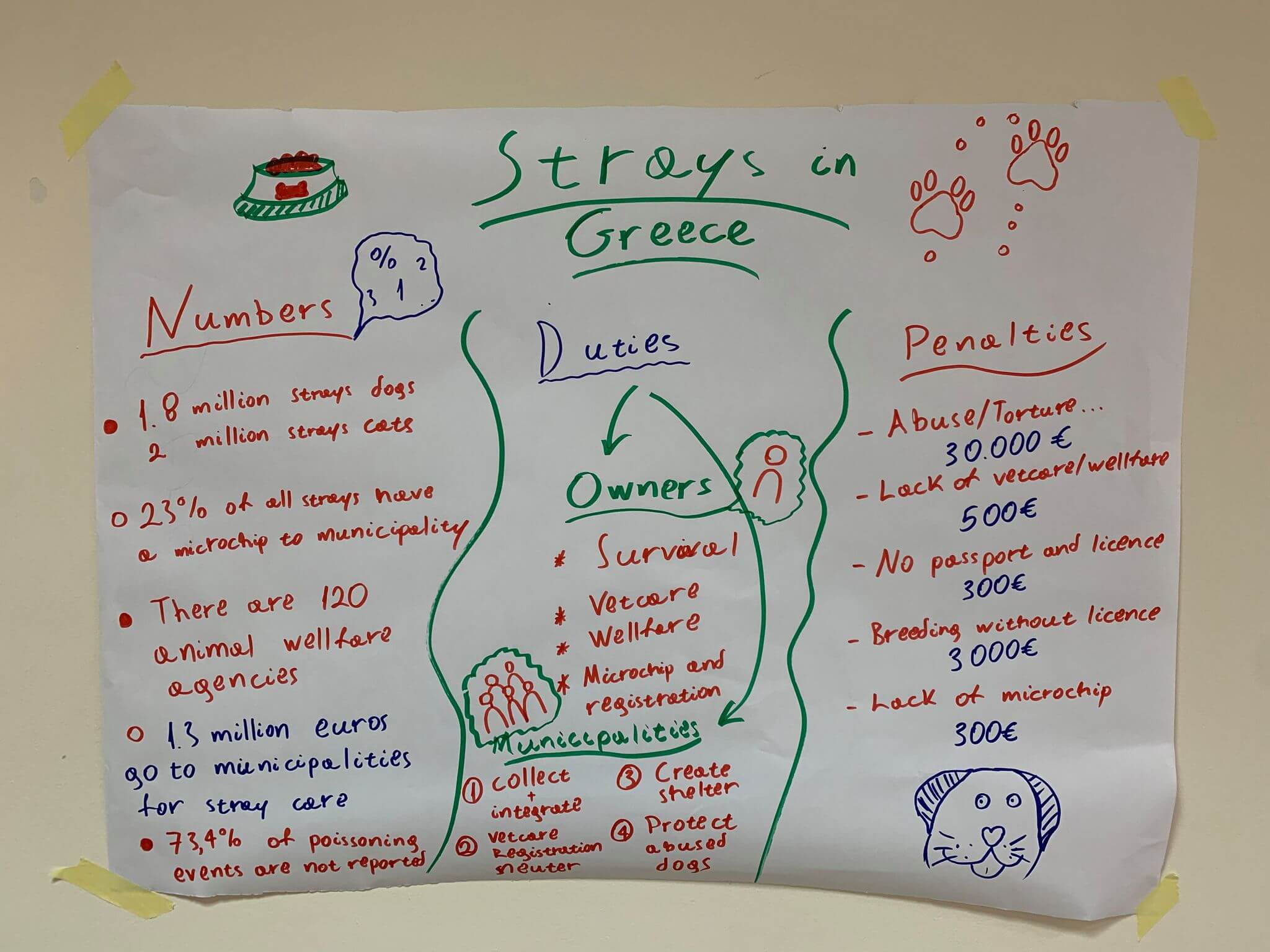
Photo credit: Luana Matošević
This is the first part of the youth exchange program. The second part of the project will be taking place in Greece, in the city of Lamia, in September this year should the epidemiological situation allow. The first part conducted in Zadar, Croatia focuses on the animals that stay in local shelters; however, in Greece - where there is a much larger population of stray animals - the focus would be to build food and water stations and to settle agreements with the local community to improve the situation.
To know more about Udruga Prizma and their ongoing and future projects and events, CLICK HERE.
For more news about events in Croatia, follow TCN's dedicated page.
For more news about Croatia, CLICK HERE.
Vukovar Student Becomes Croatia's First Animal Rights Lawyer
October 2, 2020 - Ivana Kramer from Vukovar became Croatia's first animal rights lawyer after graduating from the Faculty Of Law in Osijek
Ivana Kramer from Vukovar has become Croatia's first animal rights lawyer. She did so after graduating from the Faculty Of Law in Osijek, having received her diploma on September 23. The Faculty Of Law in Osijek is the only one in Croatia that has an elective course in animal rights.
In a recent interview with Vecernji List's Suzana Lepan Štefančić, Ivana explained that her desire to become Croatia's first animal rights lawyer stemmed from always having been around animals. “I have three dogs,” she said, in explaining her choice of the elective course in animal rights, “and my mother Željka adopts and helps abandoned animals.”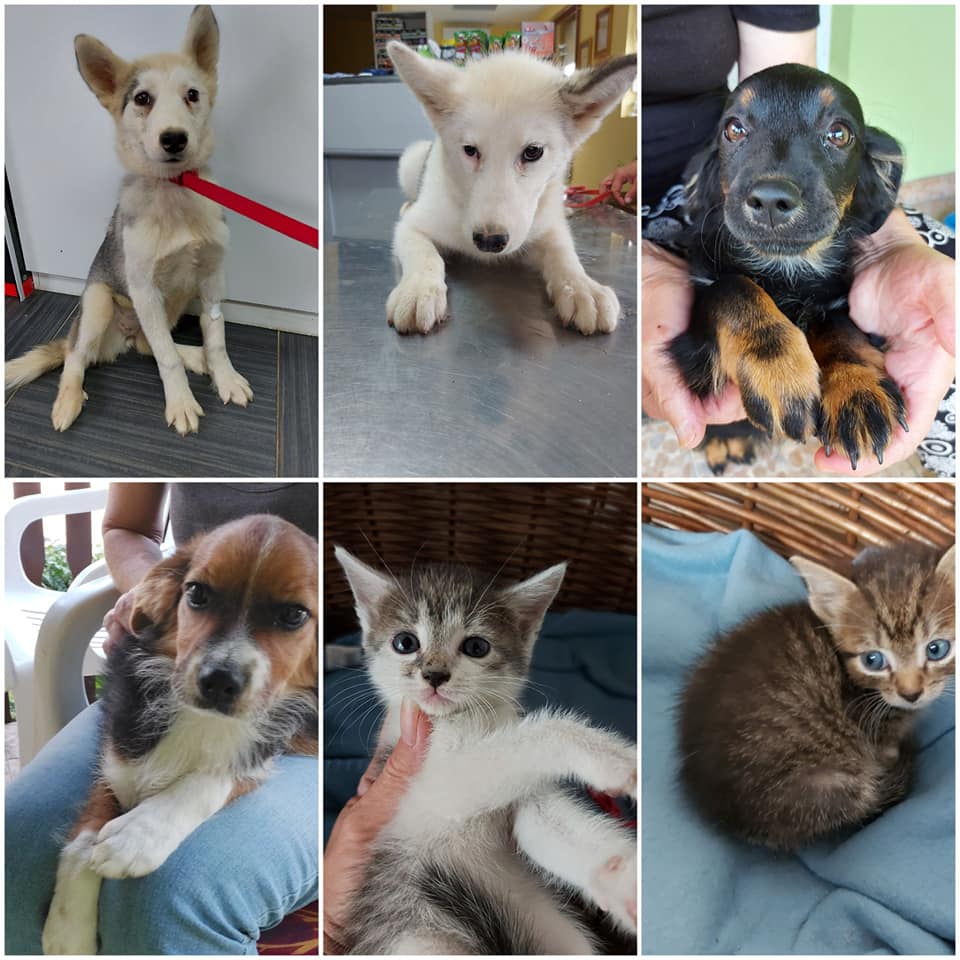
Some of the animals that Ivana's mum Željka looks after in Vukovar. Photos from the Facebook of Željka Kramer.
Ivana commuted to the Faculty Of Law in Osijek for five years in order to complete the course, choosing to stay living at home in Vukovar rather than move to the Slavonian capital. She says she would ideally like to stay in Vukovar to begin working in this field of law.
Her elective course in animal rights was undertaken in the final year of her studies and was the step that propelled her to the status of Croatia's first animal rights lawyer. During this final year, she researched the Animal Protection Act, which was implemented in 2017, with an emphasis on the situation in the Osijek-Baranja and Vukovar-Srijem counties. Her research included dog shelters in Vukovar and Osijek, where she occasionally volunteers.
For the latest travel info, bookmark our main travel info article, which is updated daily.
Read the Croatian Travel Update in your language - now available in 24 languages
Animal Shelters and Associations in Croatia: Macke & Co in Split
June 16, 2020 - How are animals coping in Croatia in the corona era, and who is looking after them? A new TCN series meets the volunteers behind the animal shelters and associations around Croatia. Today, TCN meets Macke & Co from Split.
There are hundreds of incredible shelters and associations in Croatia working tirelessly, with little to no support, to ensure no animal is left behind. In a new TCN series, we meet the people behind the animals.
Today, TCN meets Donation Group Macke & Co from Split.
"Everyone who has ever walked through Split has surely noticed the large cat population. The warm climate suits them and instead of once a year, cats have more litters throughout the year. So many cats, of course, cannot survive without the help of humans. And the best way to help them is castration. In this way, their uncontrolled reproduction is prevented, and the number of sick and trampled on the streets is reduced. The goal of this group is to help them in just that way. Castrated cats have their ear marked, either by a V-shaped mark, or the very tip of the ear is removed. The V mark is common in Split. We invite you to join us by participating in auctions, sharing albums, and adding new members," begins the Facebook group description of Macke & Co, which is led by Olivera Bibic Biocic, Silvija Kelam, Natalija Randelovic, among others.
I was first introduced to Olivera after I feared one of the street cats hanging around my property would give birth to another litter of kittens. Of the last litter she had, I took in the one she abandoned, and the other two passed from an infection. I couldn't bear the thought of that happening again.
Based on the recommendation of a friend, I got in touch with Olivera to see if she could come over with a trap to catch the mother cat so she could be taken to the vet to be sterilized. Without hesitation, Olivera was there the next day - and each day after until the cats on my property were finally caught, taken to the vet, sterilized, recovered, and brought back to my property. I have admired Olivera and the team behind Macke & Co ever since.
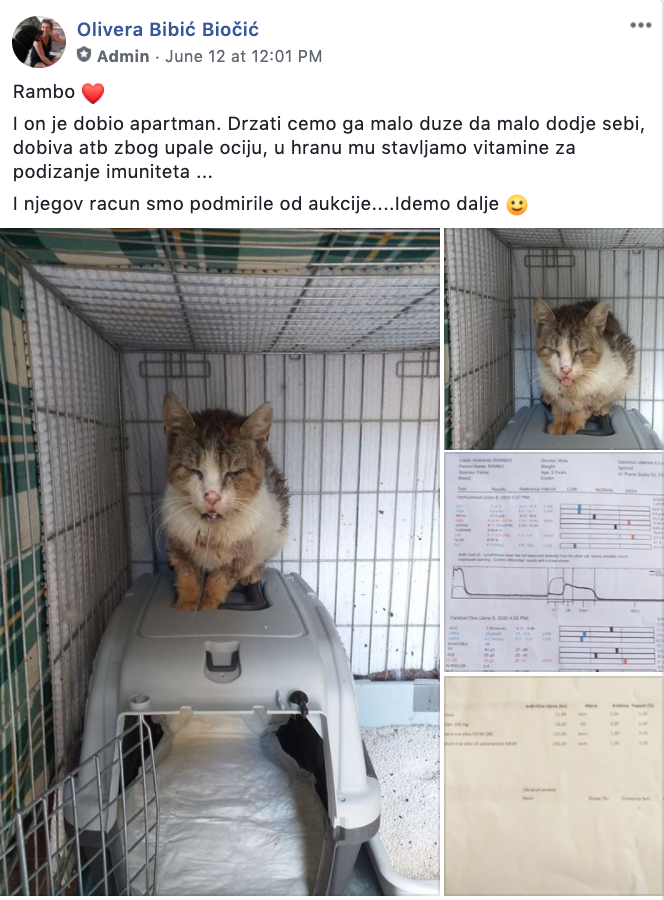
While Macke & Co is not technically an animal shelter, its leaders have taken in hundreds of sick cats who they've nursed back to health for life on the street, or ultimately found them homes in Croatia or abroad, mostly in Germany.
"Since the beginning of the year, we have sterilized over 100 cats, cured dozens and put them back on the street, and we are trying to get the others adopted," said Olivera.
But without nearly any support from the city or state, Macke & Co must find creative ways to stay afloat for the street cats of Split.
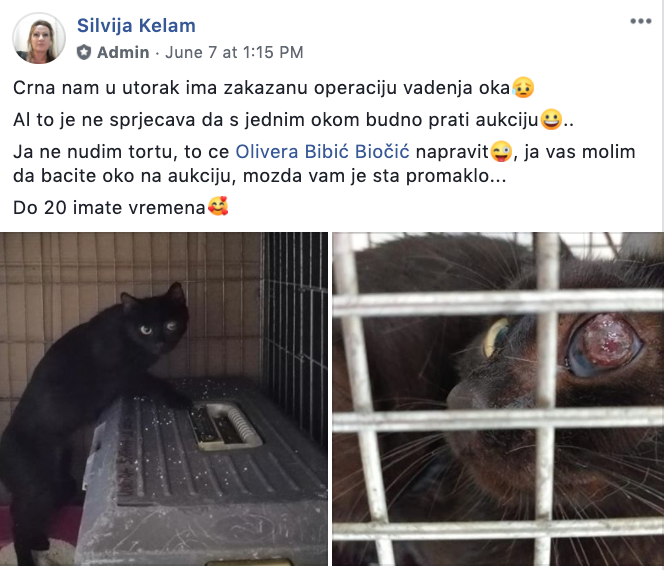
Thus, the group regularly hosts auctions on its Facebook page with items donated by its members. Thanks to those that bid, they're able to fund many sterilizations and operations, should cats require additional medical care.
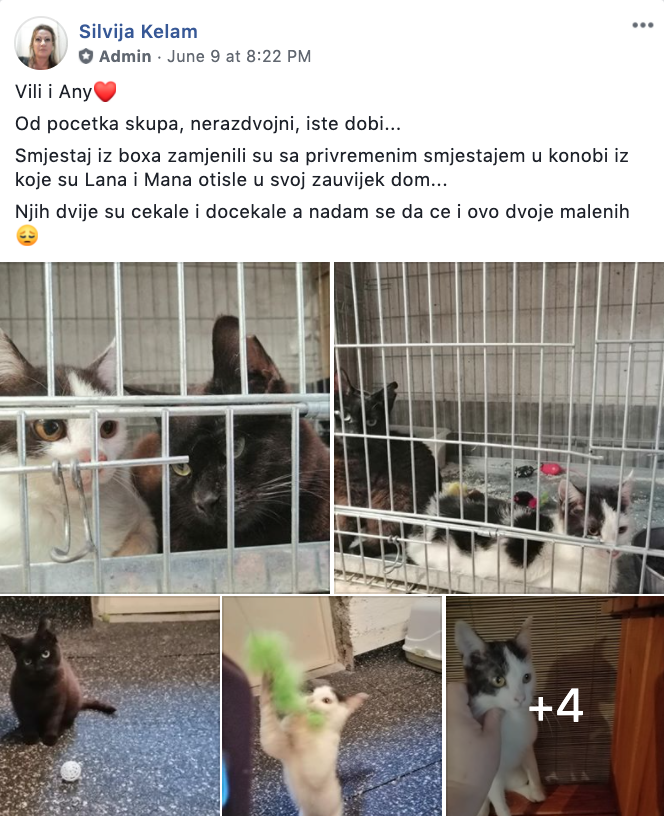
Olivera and her core team each house dozens of cats, all of which are either ready for adoption or are recovering after time at the vet.
The group is currently working on one Split habitat with over 30 cats who were regularly fed by the tenants, though only one had been sterilized. With the help of volunteers from the Sapama od Srce Association from Makarska, and with the financial support of German Association Fellnasen Stuttgart e.V., Macke & Co has already caught 22 for sterilizations!
But this is just part of the Macke & Co story.
If you're interested in getting involved in the auctions, would like to help foster or adopt, or simply just want to support Macke & Co in all of its endeavors to rehabilitate and sterilize the street cats of Split, be sure to join their Facebook group.
And if you're in Split? A bake sale will be held on Sunday, June 21, at Trogirska 8, from 10 am to 6 pm, where all proceeds from the baked goods bought will go directly to helping Macke & Co finance sterilizations!
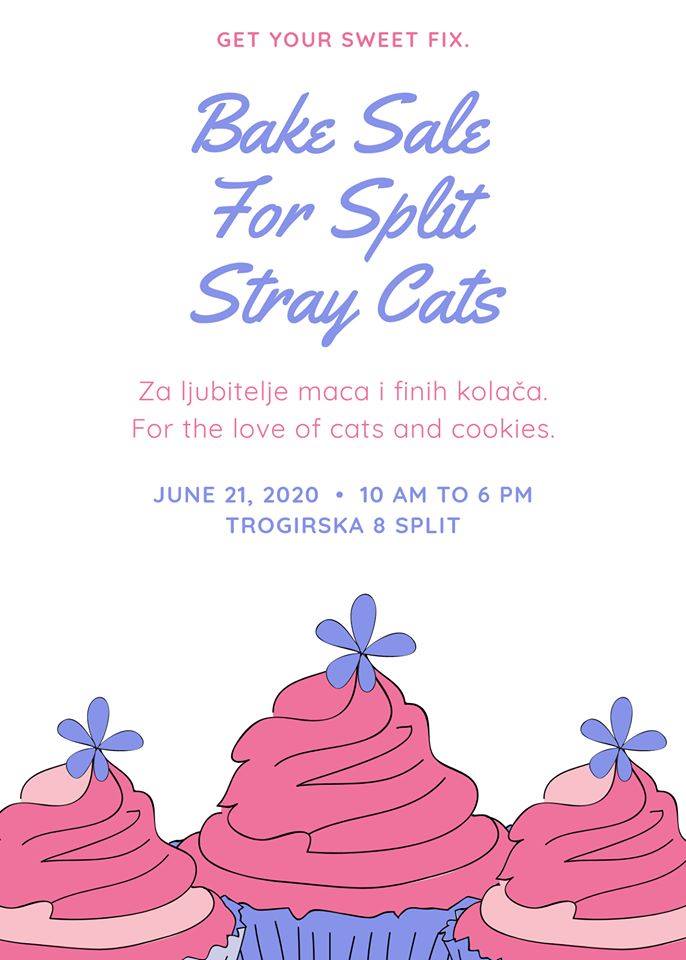
Do you have an animal shelter or association in Croatia and want to share your story? Get in touch at This email address is being protected from spambots. You need JavaScript enabled to view it..
To read more about lifestyle in Croatia, follow TCN's dedicated page.
Animal Shelters and Associations in Croatia: Street Cats of Vis
There are hundreds of incredible shelters and associations in Croatia working tirelessly, with little to no support, to ensure no animal is left behind. In a new TCN series, we meet the people behind the animals.
Today, TCN meets Streets Cats of Vis.
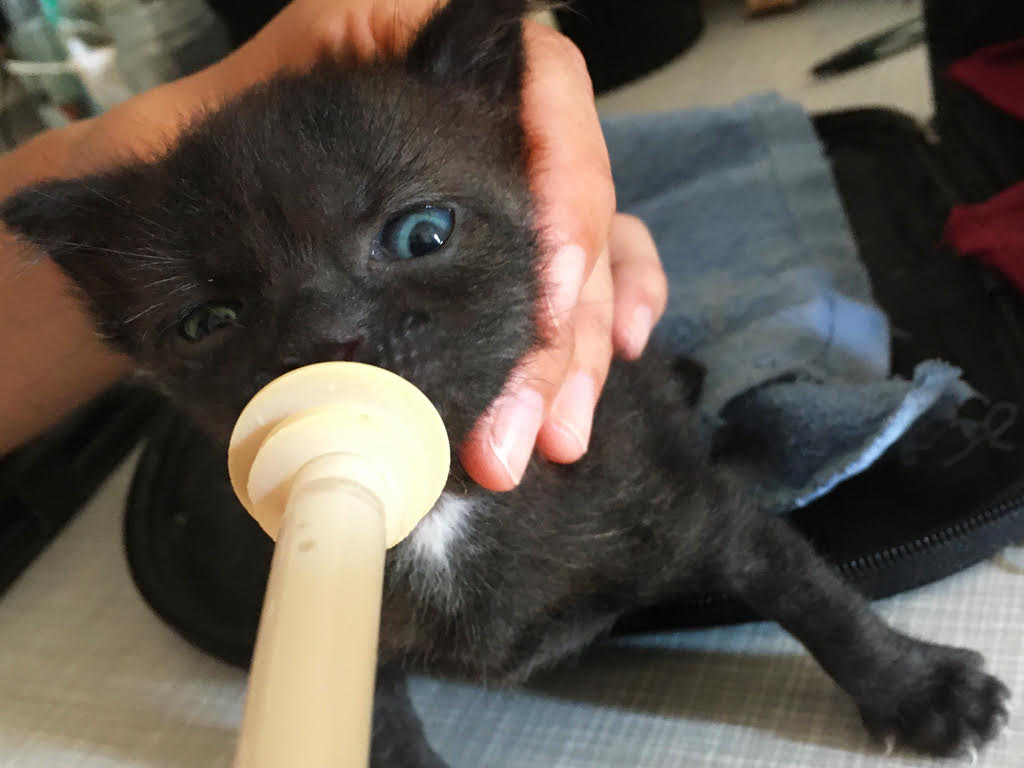
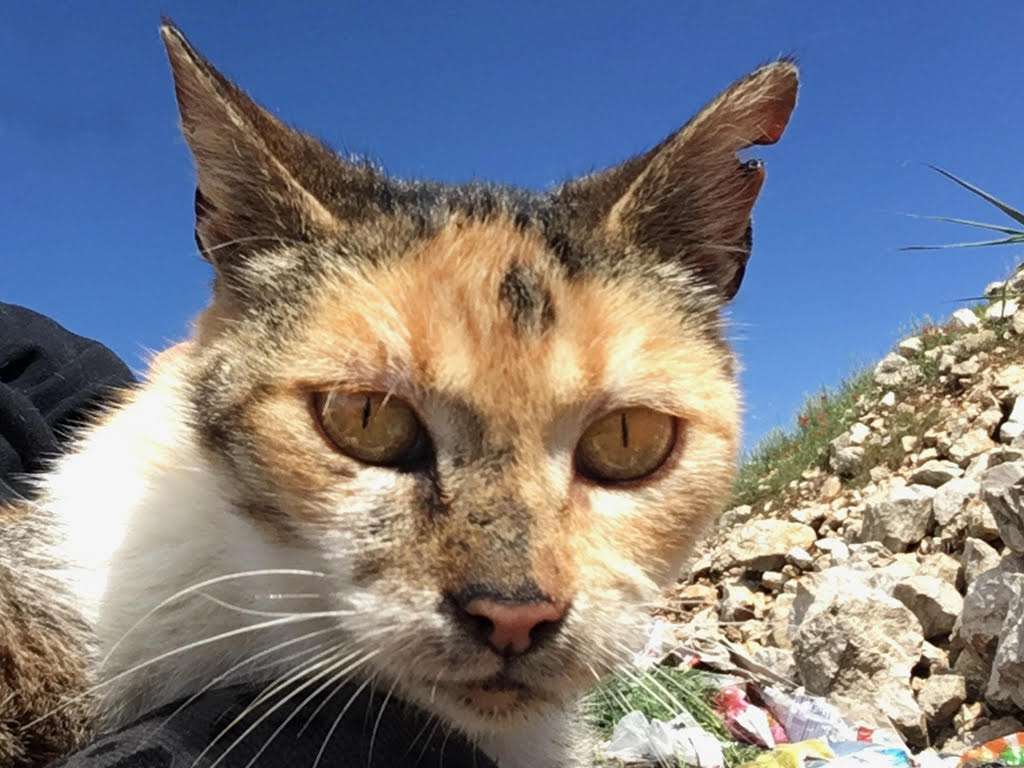
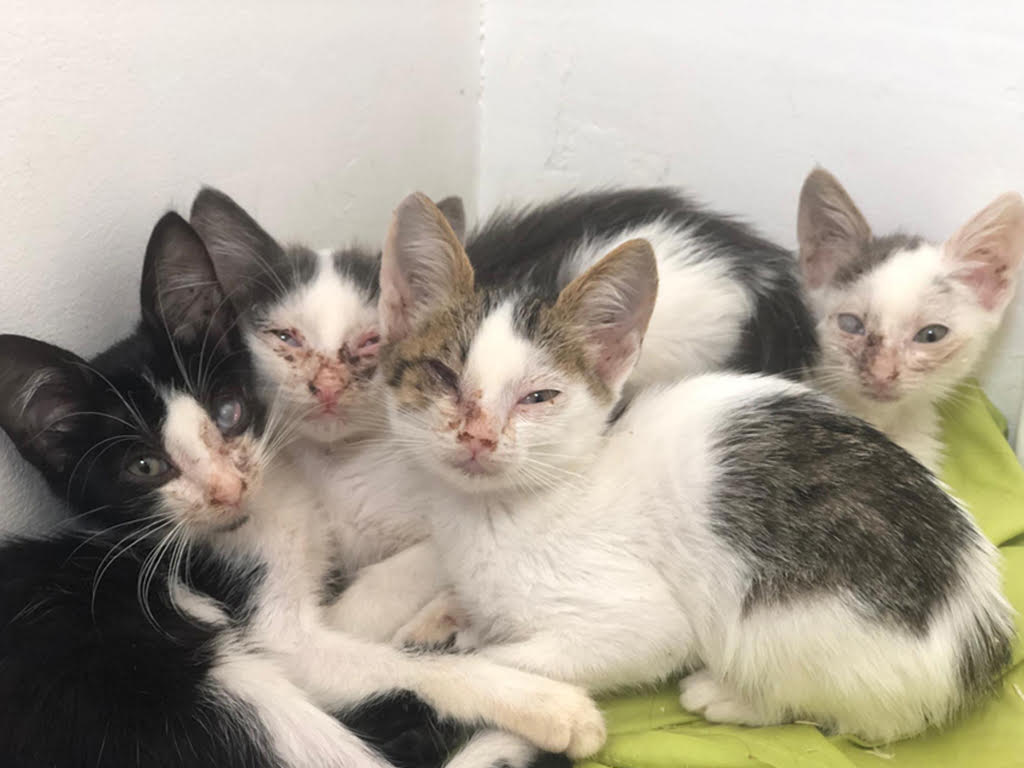
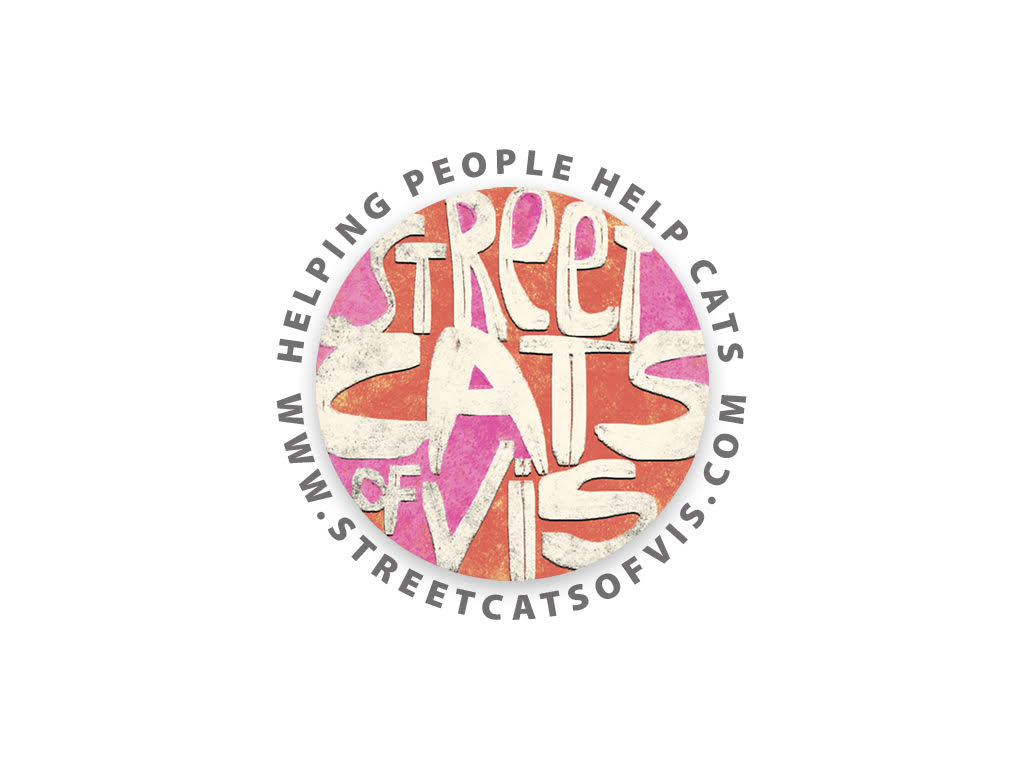
You can learn more about Street Cats of Vis on its website.
Do you have an animal shelter or association in Croatia and want to share your story? Get in touch at This email address is being protected from spambots. You need JavaScript enabled to view it..
To read more about lifestyle in Croatia, follow TCN's dedicated page.
Animal Shelters and Associations in Croatia: Eco Hvar
May 21, 2020 - What is the situation with animal shelters in Croatia in the corona era, and who is looking after the animals? A new TCN series meets the volunteers behind the animal shelters and associations around Croatia. Today, TCN meets Eco Hvar on the island of Hvar.
There are hundreds of incredible shelters and associations in Croatia working tirelessly, with little to no support, to ensure no animal is left behind. In a new TCN series, we meet the people behind the animals.
Today, TCN meets Eco Hvar on the island of Hvar.
First, tell us a bit about the history of your shelter/association.
It all started in September 2004 with Babe, the dog who should have been a rose. My Croatian isn't that good, despite my being a member of Dalmatia's oldest surviving noble family. But it wasn't due to linguistic failings that I set out to buy a rose and came back with a black labrador called Babe. The scorn that was heaped on me for my poor grasp of the language after this incident was unjust. No, I wasn't looking for a dog-rose. And rescuing Babe wasn't all my fault either.
It happened like this: my distant relative Igor Skelin runs Jelsa's garden centre, a place where one could buy plants, including roses, but not dogs. Babe belonged to Branko, one of Igor’s staff, and was generally to be found in the hot-house sitting quietly under the table or wandering around, causing no trouble to anyone. She was a beautiful, nicely mannered and contented dog, as labradors tend to be.
On this particular Saturday morning she was sitting under the table looking unusually morose. No sign of Branko, so I asked after him. Igor told me that he was very ill in hospital, and had asked Igor to find Babe a good home or have her put down. Babe had been in the care of one of Branko’s relatives, but had run off and gone missing for several days. Today she had reappeared at the garden centre, totally unexpectedly.
The news was a shock. I digested it for a few moments. I had a sense of some inescapable destiny. I looked at my brother, another Branko. He looked at me. Dog-lovers both, the pulling on heart-strings was almost audible. We had a short silent consultation, and he willed me forward. Easy enough for him, he would be leaving shortly for the UK, leaving me holding the Babe. “Well,” I said slowly, “If you really can’t find her a home, let me know, perhaps I…” Igor was on the case like a shot. Announcing that there was no chance of anyone else taking her on, he opened the car door and Babe hopped inside.
Roses were forgotten and we headed off home. I was musing, rather late in the day, on whether Babe would fit in. I had brought with me two dogs from the UK when I had relocated to Dalmatia earlier in 2004. They were both females, and used to having their territory to themselves. How would they take to the new arrival? Would they fight? And what’s more, one was called Beba, there could be a confusion of identities. The chain of command would be difficult to maintain. Oh dear. My low spirits sank another notch when Bella and Beba greeted our arrival with resounding hostile barking.
To my surprise, all went well. The barking subsided when the two realized Babe was coming in. Babe entered, there were introductions all round, tails wagged, and she settled in without a hitch. Perhaps Bella and Beba recognized a kindred spirit, as their mother Connie was a labrador, albeit golden rather than black. Babe lived on happily for several years in Pitve, and eventually died naturally and peacefully in her sleep. Happily her former owner Branko recovered from his illness and returned to the island, although he was unable to take Babe back.
So began the influx of canine intruders into our peaceful home in Pitve. And, yes, my Croatian has improved in the interim. No, I have not set out to buy a rose since. But every year there are homeless or unwanted dogs wandering around the island, and I have taken in as many of them as I could manage at any given time. Sadly, I have been forced to leave even more to their fate.
There are just too many unwanted dogs being born on the island, or in some cases being brought here. There is no organization on the island responsible for caring for these poor animals. It seems this is a problem throughout Dalmatia. The obvious thing to do was to establish a framework in order to carry out projects which would address the problems. This is how ECO HVAR for Animals, now a registered charity, was born.
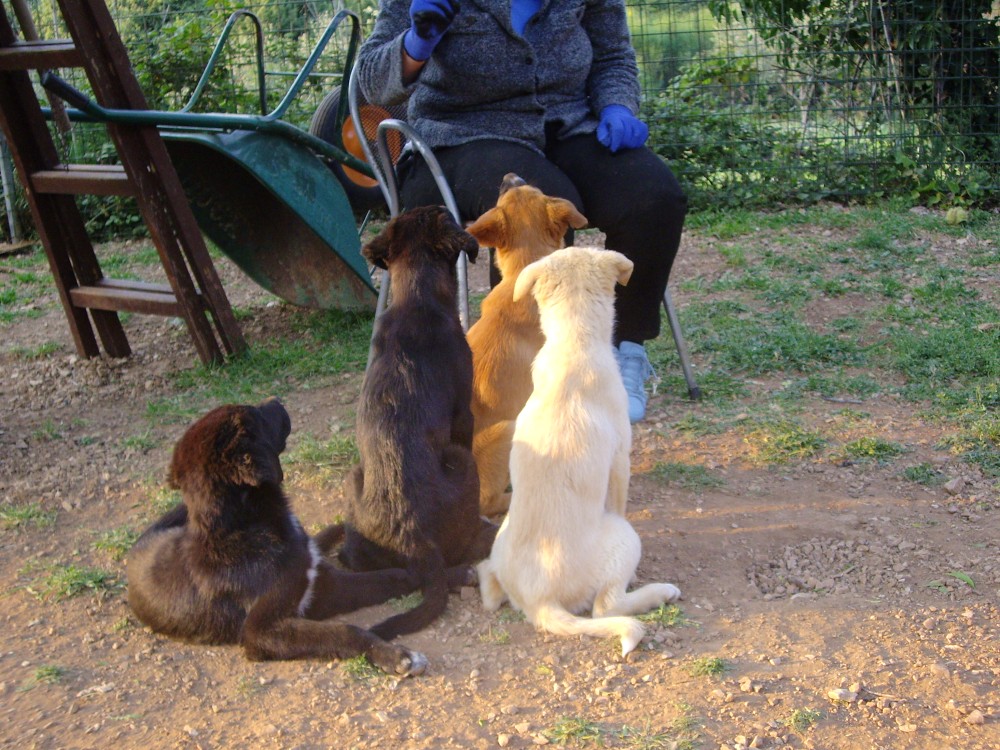
How many animals do you currently house? What is the largest number of animals you’ve taken in?
I am currently looking after 20 dogs, 13 of them puppies, due to the COVID-19 blockage of our usual channels for passing them to the shelter. In my village, we (3-4 of us) also feed stray cats.
How do you get animals you've taken in to their new owners? Do you connect animals with owners only in Croatia or abroad, too?
Occasionally, we find new owners for dogs and cats on the island, but mostly we coopoerate with the Bestie Animal Shelter in Kaštel Sućurac on the mainland. Often the dogs are taken abroad, and in all cases we follow their progress as far as we can. The Bestie animal shelter is exemplary: full care and kindness; a volunteer programme; educational visits for children; socialization for the rescue dogs; walks and summertime swimming sessions. You can see a little of their work on their fb page.
**TCN also has an interview with Zvonimir, the owner of Bestie, coming up!
Stari Grad Cat & Kitten Fund on Facebook - Last year Jelsa Council agreed to do the same.
How much does sterilisation usually cost? Do vets offer discounts for street cats or special circumstances?
The local vet does give a discount for this: the local Councils have an annual contract with the vet, covering sterilizations for a certain number of cats at set fees. (Costs c. 250 - 400 kn, varies according to male/female, pregnant or not). In cases of hardship, they may also offer a discount for street cats which are brought in by recommendation from Eco Hvar.
You can find our recommendations on how to help cats on the island HERE
Poisoning street cats is another issue in the area. Is this considered a crime in Croatia? Where should someone report this should they witness it? Are there fines/punishments in place?
Animal poisonings are a problem. In principle, it is a punishable offence under the Law for the Protection of Animals. In practice, it is down to individuals to make a complaint to the police and local komunalni redar / town warden, name possible suspects, and provide proof, which obviously involves financing an autopsy on the dead animals. This last is an expensive process, especially from the island. In a small place, the poisoners are usually easily identifiable, but few people want to come into conflict with their neighbours by raising a case against them which will take years to resolve through the courts.
You can read more about this issue HERE
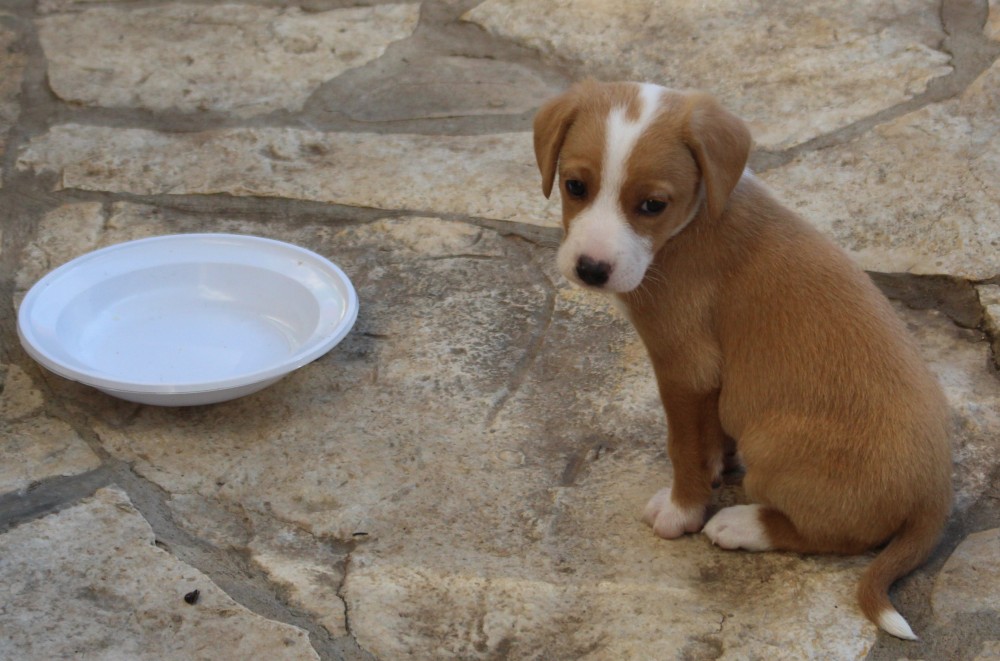
What about the treatment of dogs?
One special problem is the treatment of hunting dogs, who are ill-treated, starved or and/or abandoned without mercy by many owners. We do our best to save the ones we can via the inspectors, but it is extremely difficult. They need special rescue facilities, which I would dearly love to establish.
You can find our recommendations on how to help dogs on the island HERE
Can you explain the process of fostering animals with your shelter/association?
Fostering is well organized in Zagreb, but not formally here. Both fostering & homing stray or unwanted animals are difficult on an island with a limited population, and even more limited number of animal lovers.
Do you receive any support from the city, county, or state? If so, how much/in what way?
Our charity does not receive support from any public body, but relies solely on donations, so far. Our money is mainly spent on placing dogs in the animal shelter, and financing medical costs and sometimes sterilizations for low-income owners/carers.
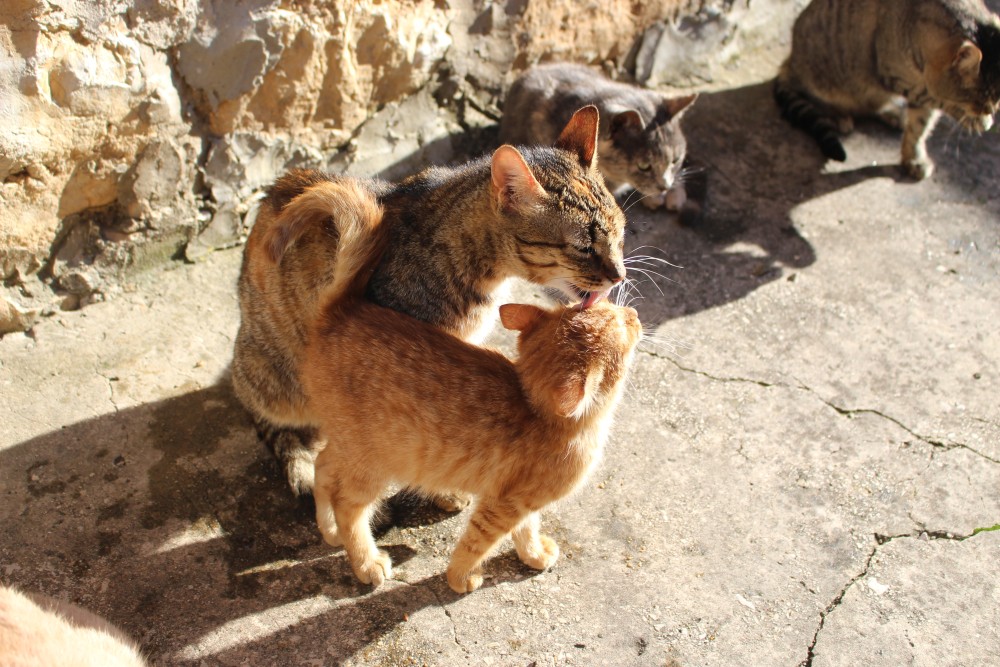
What are the best ways the local community and people from abroad can get involved?
Eco Hvar welcomes everyone who wishes to support our work in any way. There are no membership fees. If you wish to become involved, or simply to demonstrate support of our aims, please print out and fill in the application form and post it back to our address: Pitve 93, 21465 Jelsa, Croatia / Hrvatska. For speed, you can email us your details, or scan the signed form back to us on our email contact address, although the original is appreciated!
You can learn more about Eco Hvar on their website.
Do you have an animal shelter or association in Croatia and want to share your story? Get in touch at This email address is being protected from spambots. You need JavaScript enabled to view it..
To read more about lifestyle in Croatia, follow TCN's dedicated page.
Animal Shelters in Croatia: the Volunteers of 'Udruga Pobjede' in Osijek
April 21, 2020 - What is the situation with animal shelters in Croatia in the corona era, and who is looking after the animals? A heartwarming tale from Osijek dating back to 2007.
While the corona crisis has had a huge impact on the human race, spare a thought also for our four-legged friends, who have also been impacted in various ways. We recently did an interview with Pet centar CEO Ljiljana Markov in which she told us about her nationwide pet shop online delivery service. We had a fantastic response to the article and several messages of thanks, including one American in Zaostrog near Makarska, whose Great Dane was a VERY happy beneficiary of her first Pet centar online delivery a couple of days after her order was placed.
Today we switch our attention from pet shops to animal shelters in Croatia, and we are delighted to welcome Sanja Grbanovic to TCN. Sanja starts with a great story about animal shelters in Croatia, in Osijek.
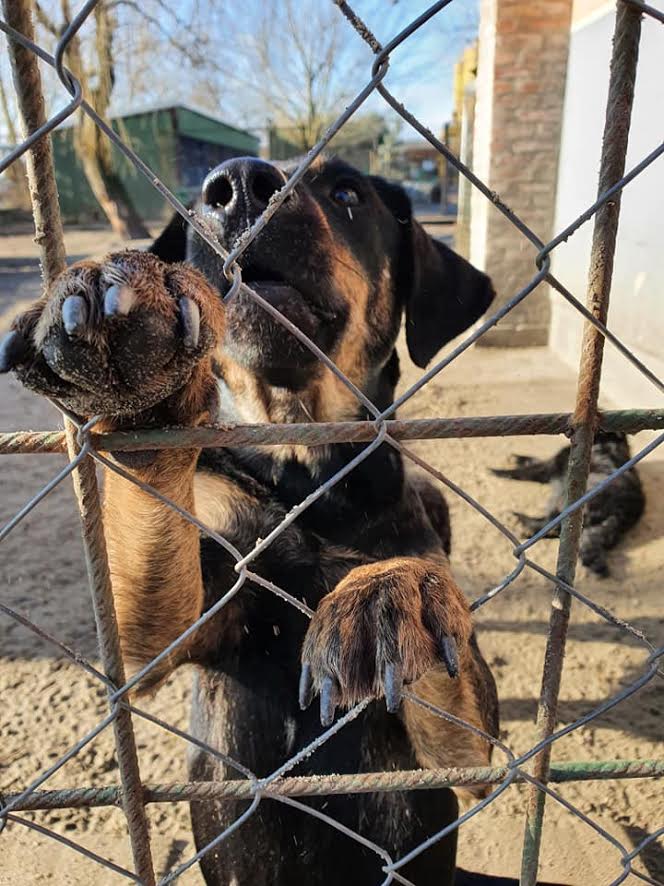
Humanity 2.0 in Osijek?
When reflecting on the nature of man, each of us has his own opinion. Is Man by nature good, or basically bad? Perhaps the two most famous opposing opinions on this matter are those of Hobbes and Rousseau. Hobbes would say we are ‘nasty’ and ‘brutish’, and we need society and rules to reign in our instincts in order to thrive; whilst Rousseau would argue that man would be gentle and pure without the corruption of greed and inequality imposed by our society.
Are we born with an innate moral compass or is it something we develop as we grow? One question, seen often nowadays in social media about life after coronavirus, is whether or not we will emerge as better people?
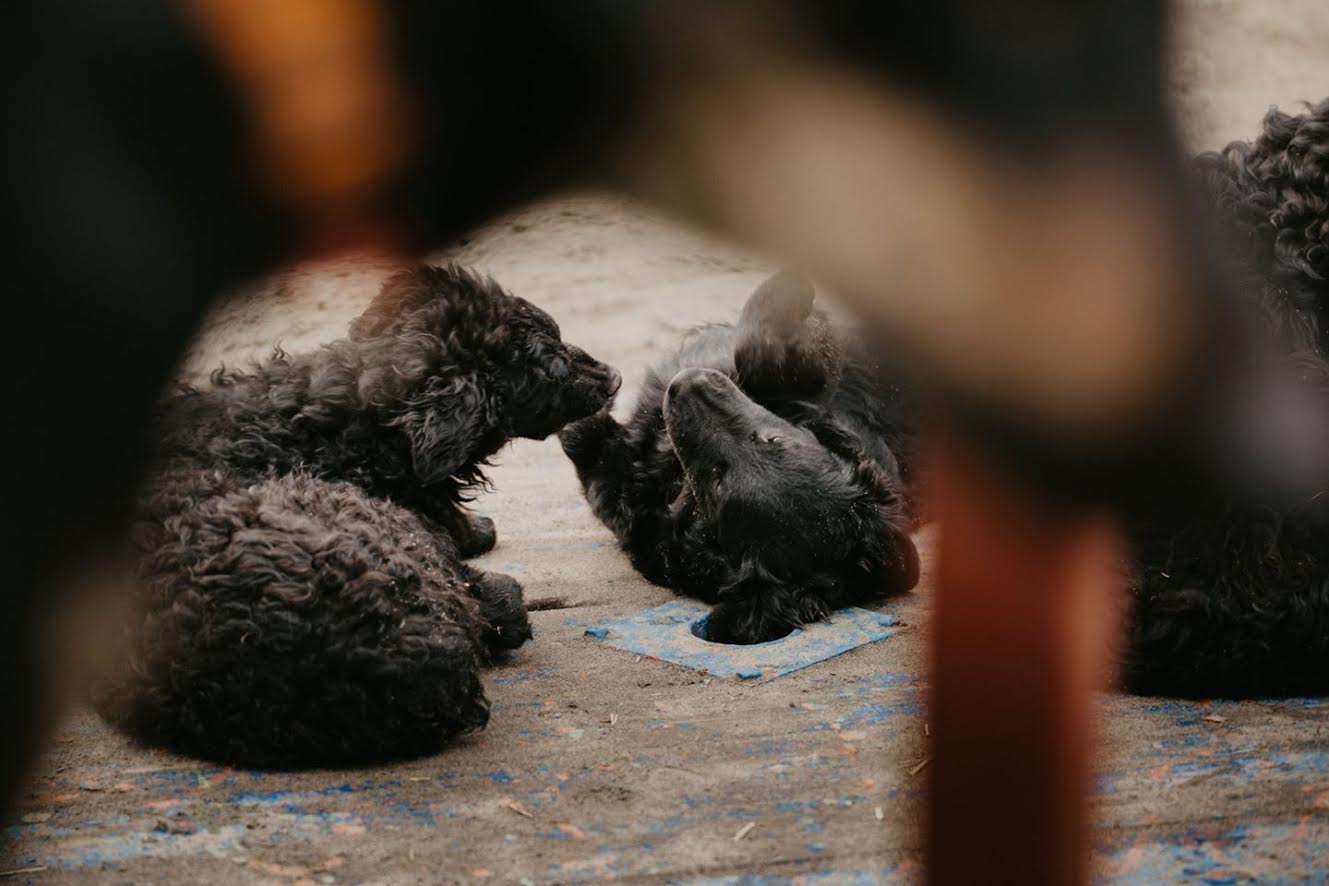
The last global crisis didn't change the world. Why should this one? Why is there a firm belief we have what it takes to turn things around now and turn into Human 2.0? And what would be a true measure of this change?
Yesterday, late in the evening, I spoke with a friend who had saved a baby hedgehog from the trash bin.
The other day I read about a man who saved a deer from drowning in a canal.
My uncle saved an injured cat by bringing it to the vet on time.
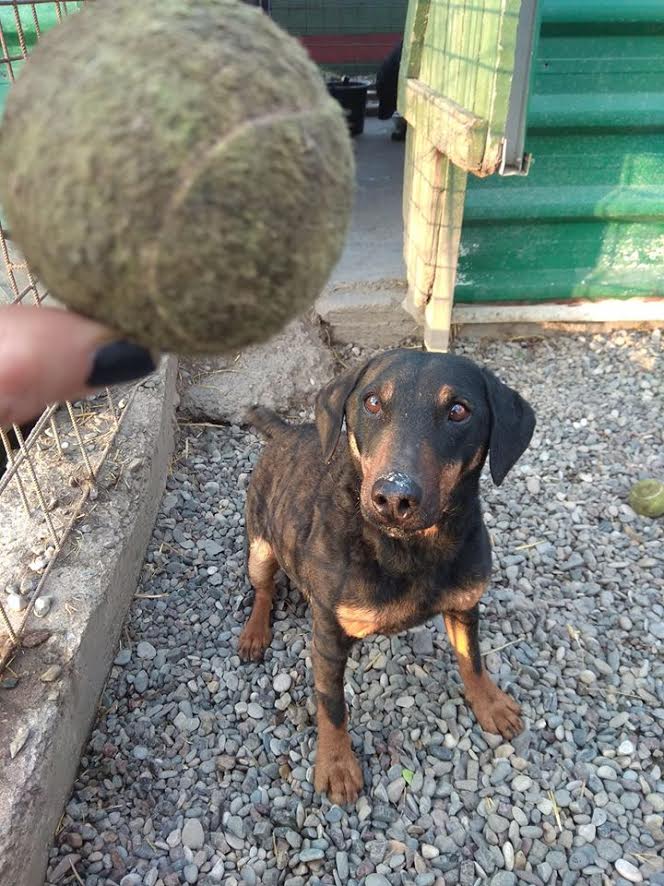
But what can one man do?
Let´s travel back a bit in time and take this story back to 2007. A few ordinary, but then again not so ordinary people - and later heroes of this tale - visited a local dog shelter in Osijek. In a town full of dog lovers, there were no volunteers at the shelter. Sick, injured, without veterinary care, unvaccinated, not spayed/neutered, hungry, with puppies crawling out of underground holes, and death a daily reality. These not so ordinary people decided to act.
Their first aim was to draw attention to the awful conditions the dogs were living in at the shelter, so they started an initiative to help the abandoned dogs. In 2009, the association for animal protection and rights “Udruga Pobjede” was born, prior to which it acted as a civil initiative. You can follow them on Facebook here.
A lot has changed since then.
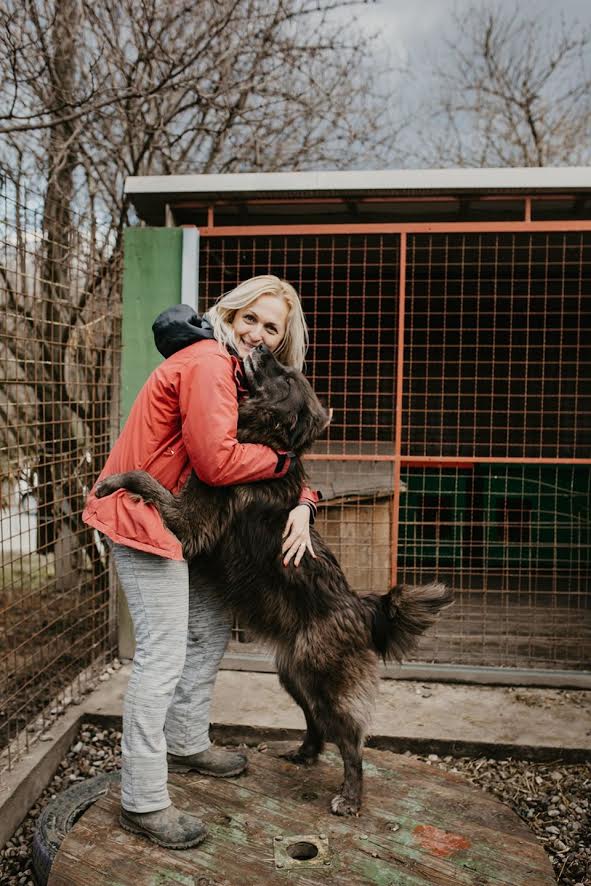
In 2010, “Udruga Pobjede” officially took over the shelter for abandoned animals in a suburban village called Nemetin, and in December 2011 the shelter was registered by the Ministry of Agriculture as the 23rd shelter for abandoned animals in Croatia and one of the first no-kill shelters in the whole country.
The footage and photos in the first part of the video below are from 2007, when they first came to the shelter - while the second part of the video was recorded in 2018.
{youtube}Vpy0HkExva4{/youtube}
Members of the association “Udruga Pobjede” initiated and organized various fundraising events in order to improve the shelter’s infrastructure and to provide food and medical aid for the dogs. Today the shelter is funded by the association, business and private sector donations, different fundraising events and through collaboration with the City Council. Every dog in the shelter has veterinary care (vaccinated against rabies and infectious diseases and treated against internal parasites), is microchipped and neutered 21 days from entry (except puppies, they are neutered at 6 months old if female, 9 months old if male). Since taking over the running of the shelter, Osijek’s shelter for abandoned animals has come a long way, from a shelter with no volunteers to a shelter with the highest number of volunteer hours in Croatia, which makes these not so ordinary people very proud.
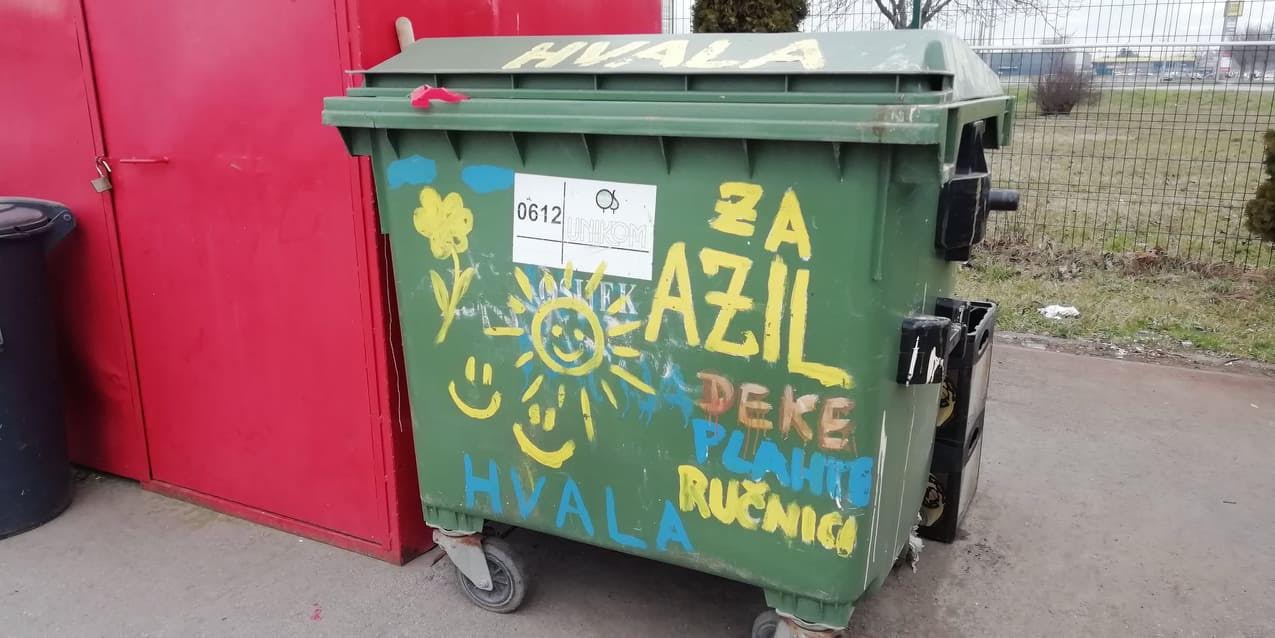
Udruga Pobjede constantly takes care of about 200 dogs and unfortunately, there are always more in need. In 2015 “Udruga Pobjede” signed the first contract with the City of Osijek, and since then they have attained a partner relationship for taking care of and re-homing abandoned dogs, but also in the prevention of abandoning, neglecting and abusing of animals.
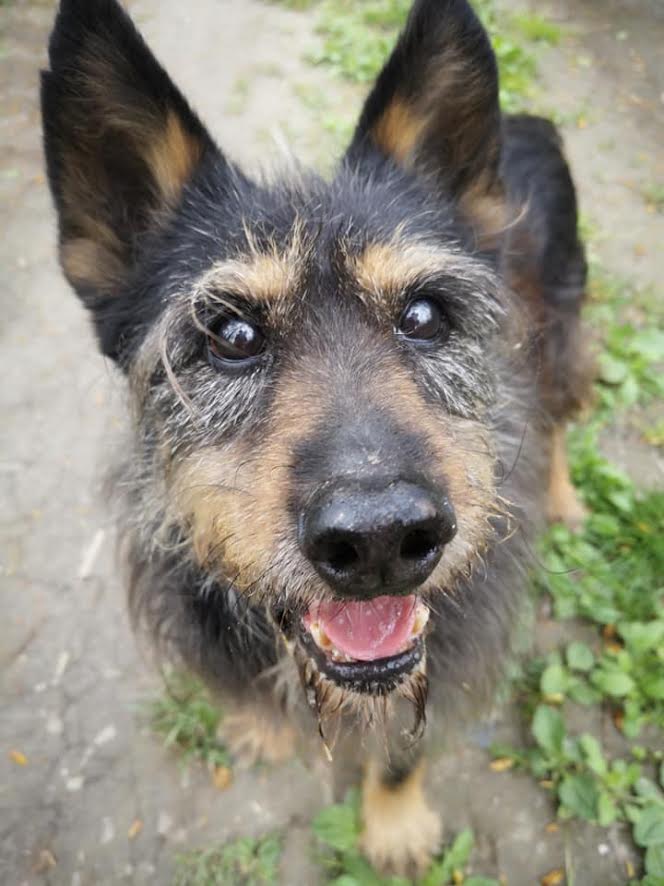
The successful work of the association can also be seen through the number of 335 adoptions in 2018, 340 adoptions in 2019 and over 1000 dogs rescued in two years. Thanks to the Association, so many dog lives have been saved, so many dogs have found their “forever homes”, so many injured and hungry have been fed and taken care of. Some, as our dear Lady Margita, above, is still in the shelter, for 13 long years. But she has someone to take care of her until maybe someone falls in love with these gorgeous eyes.
One of the biggest achievements of Udruga Pobjede are without doubt the number of volunteer hours during the last two years.
In 2018, 61 active volunteers contributed 8958 hours and in 2019, 131 active volunteers contributed 12573 hours.
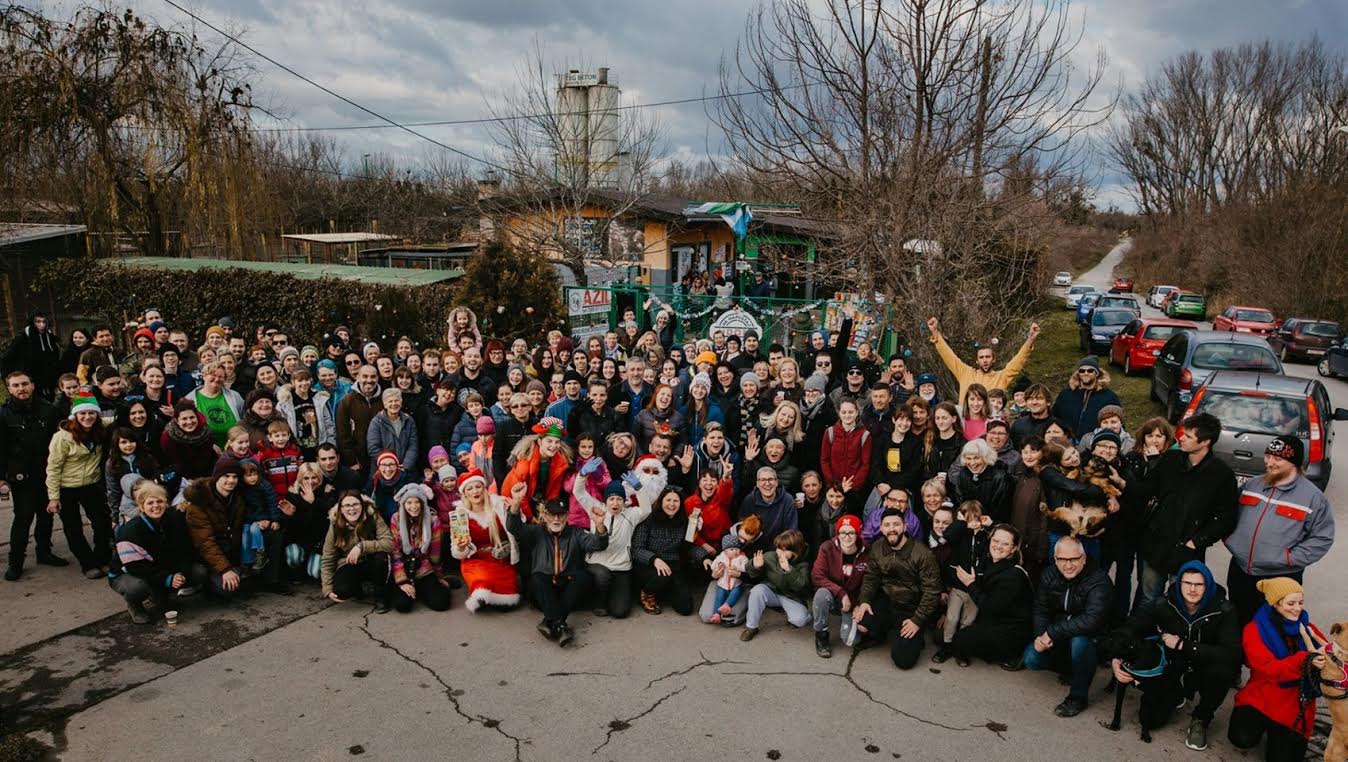
This confirms that their engagement is being positively evaluated by the community, but it also shows how much they have achieved to promote positive values and to create a positive social capital and a community, which recognizes the importance of voluntary engagement as a fundament for strengthening social capital.
They carry on educational programmes and collaborate with more than 40 schools and kindergartens in Osijek and the wider region, as well as tertiary institutions. They hold lectures and workshops and organize educational visits to the shelter.
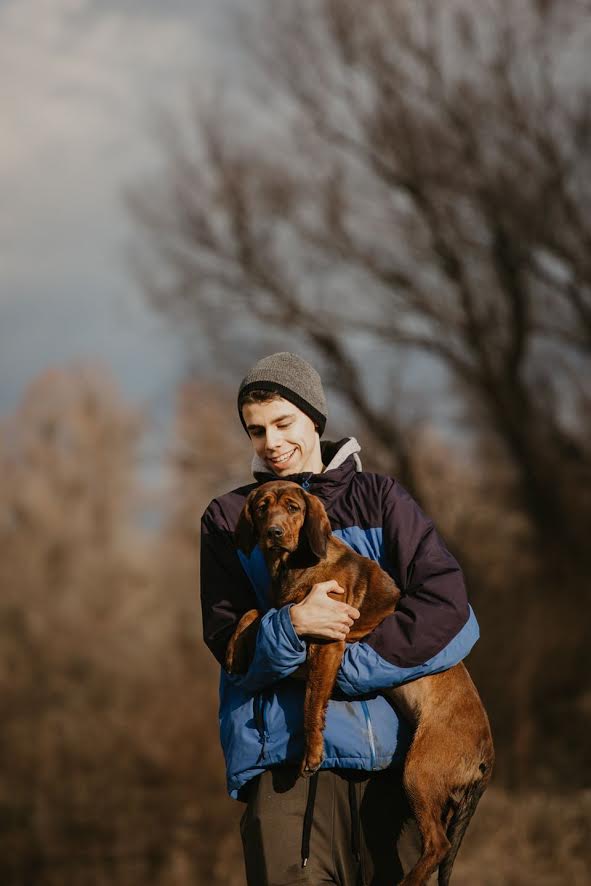
Through all their activities in the civil, public and business sectors, as well as local government – they have made great progress in rescuing abandoned animals and in raising awareness of the problem in their community. They work has become more and more visible and recognised in the community. Their fellow citizens have joined and helped develop the solidarity network made of all social sectors.
All these activities helped them to help those in need - by initiating positive changes with the “bottom up” approach. One man can change the world, indeed.
Unfortunately, they are currently also affected by the COVID-19 pandemic situation. They have over 200 dogs in care and currently are facing major problems in implementing and funding their activities.
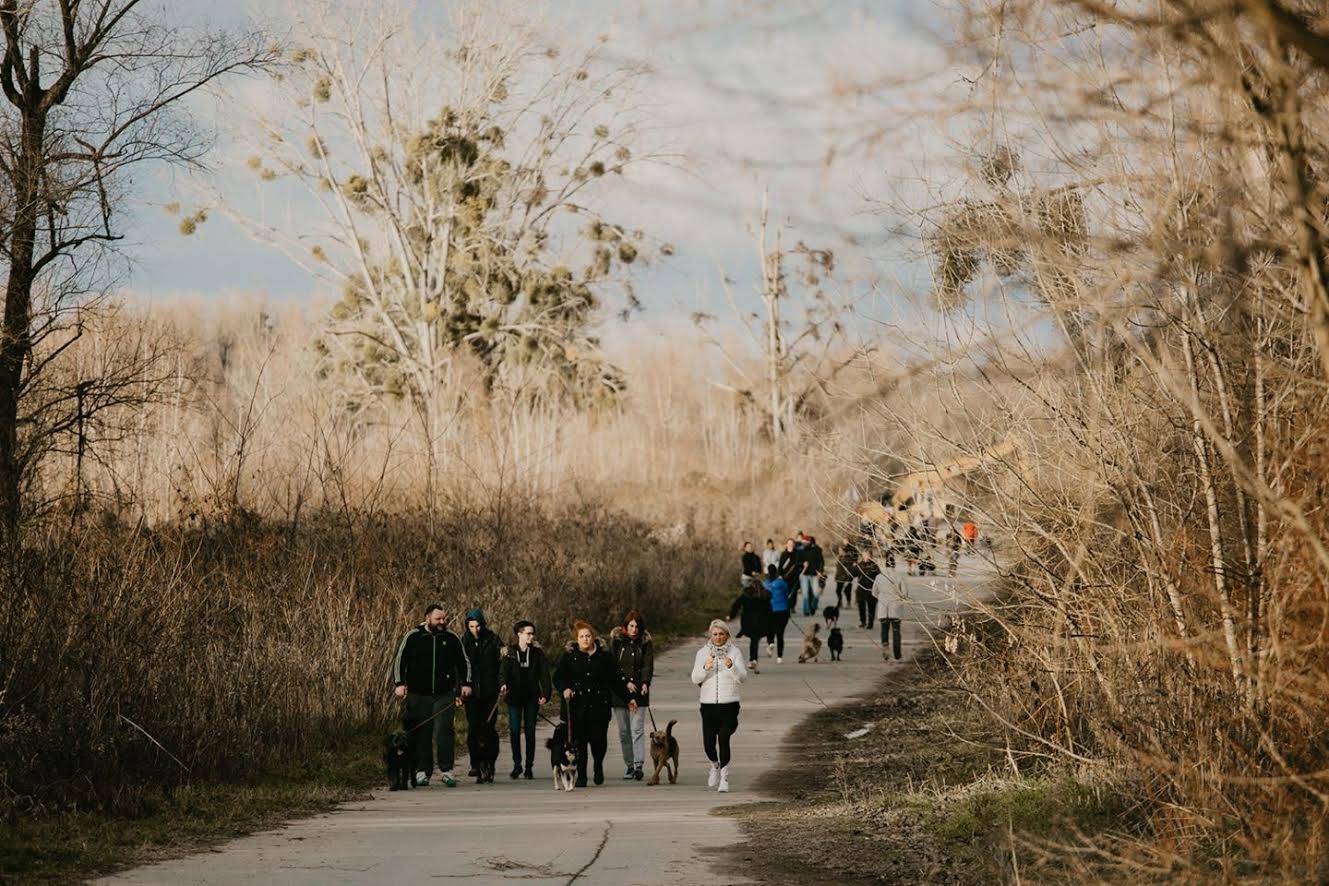
Government institutions, cities, municipalities, the business sector, banks and foreign donors have focused their activities almost exclusively on direct support to entrepreneurs in the circumstances of the global pandemic, and because of this situation, they are unable to regularly cover veterinary costs and provide for all the regular needs of the dogs they have in care.
Since rigorous COVID-19 anti-virus measures have come into force in Croatia, many of their donors have lost their jobs, businesses have ceased operations, the shelter is closed to visitors and volunteers, the public sector has directed funds to aid recovery of the economy, people fear for their future and the possibility of recession, which has led to a significant reduction of resources at their disposal.
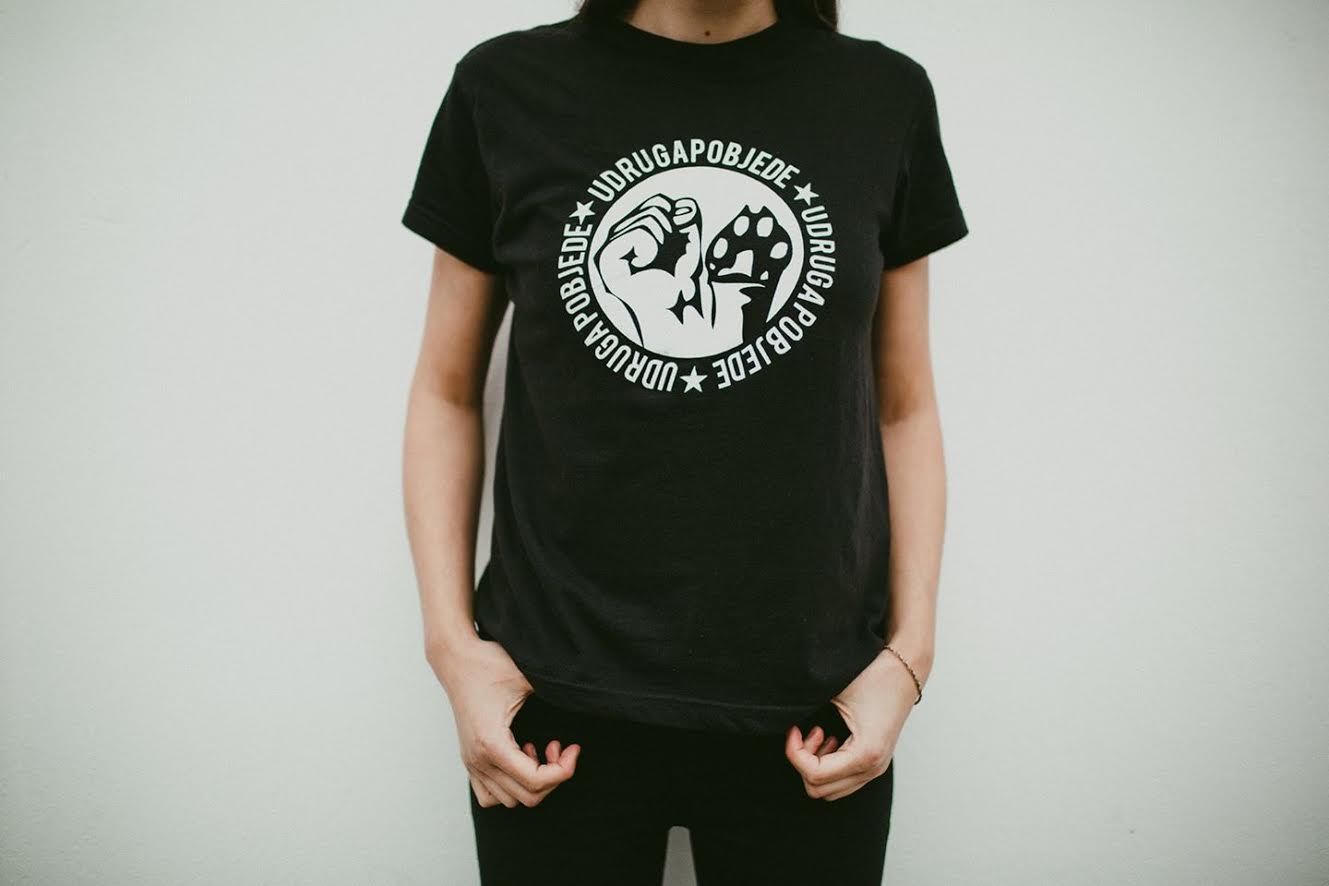
With the arrival of warmer weather, the Osijek shelter usually has increased expenses due to the fact that each month during that period (March-September) they provide ampoules against fleas and ticks for all dogs. A large number of dogs that they receive for care come with piroplasmosis (a tick-borne disease), and they have increased veterinary costs for treating dogs infected with this virus. If they do not treat our dogs, they fear that they may be in danger as well, because there are ticks in the forest where they take the dogs for a run (in order to get the energy out of dogs and maintain stability in the packs now that there are no volunteers).
In previous periods, they would step up self-financing activities during the spring months and have previously managed to secure funds through sponsorship/donation programmes, bimonthly online auctions, through the Posh Store – Association’s second-hand fair, organised fundraising events, visits to the shelter by volunteers, dog walkers and adopters, private sector donations, public sector programmes and the like, but because of COVID-19 at this point, they cannot do anything to secure funding through our usual channels and need our help to overcome this difficult period in order to survive and provide adequate care for the dogs.
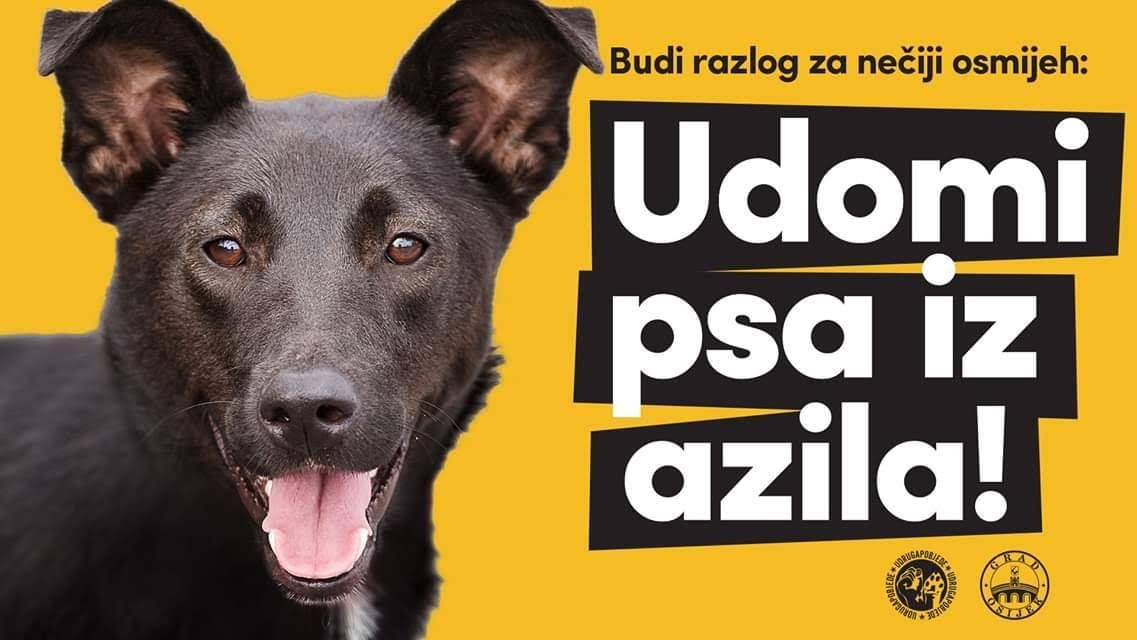
If you are able to financially support the work of the shelter one time or over several months and help them to get through this difficult situation as painlessly as possible, you can do so by making a donation to:
Udruga Pobjede
IBAN HR8823400091110405854
Data for payments from abroad:
Privredna banka Zagreb d.d. 10000 Zagreb, Račkoga 6,
Croatia
swift code: PBZGHR2X
PayPal: This email address is being protected from spambots. You need JavaScript enabled to view it.
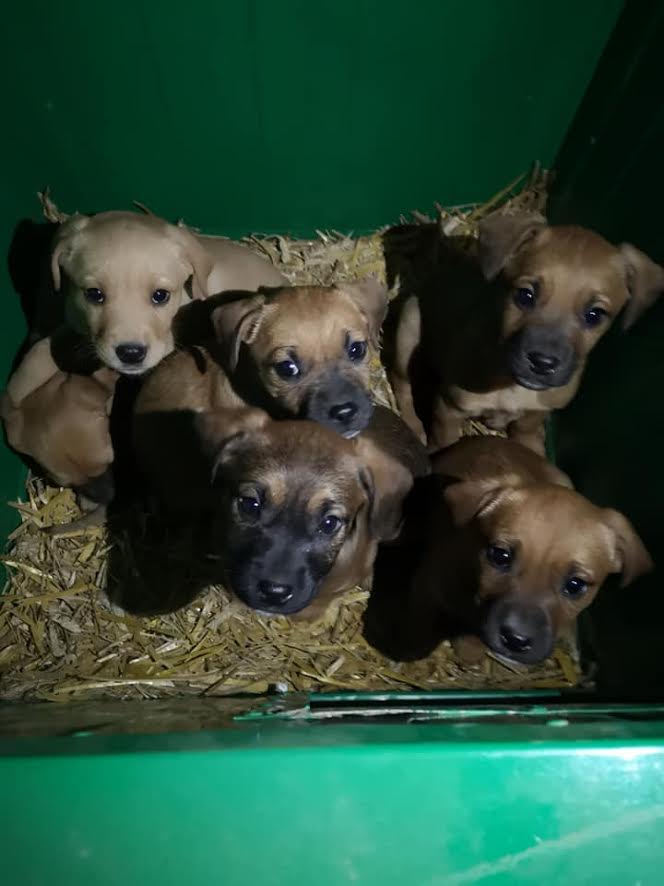
If not financially, you could help with suggestions, ideas for help or suggestion whom they may contact for help. You could foster a dog, become a godparent, provide necessities – or even adopt.
During the COVID-19 Crisis, on an individual level, one might ask what are the things you can do to protect your health and enrich your life, or we can ask ourselves what we can do for others to protect their right to life and quality of life.
In his book, The Psychology of Genocide, the psychologist Steven Baum cites an old Cherokee tale that tells of a grandfather teaching life principles to his grandson:

“A fight is going on inside me,” he says to the boy. “It is a terrible fight and it is between two wolves. One is evil – he is anger, envy, sorrow, regret, greed, arrogance, self-pity, guilt, resentment, inferiority, lies, false pride, superiority, and ego.” He continued, “The other is good – he is joy, peace, love, hope, serenity, humility, kindness, benevolence, empathy, generosity, truth, compassion and faith.
"The same fight is going on inside you – and inside every other person, too.”
The grandson thought about it for a minute and then asked his grandfather, “Which wolf will win?”
The old Cherokee simply replied, “The one you feed." So, will we emerge as a better society after the crisis? Are you #teamHobbes, or #teamRousseau?
You, as a vital part of society, decide which wolf you feed. If you can not find the inspiration in yourself, maybe the words of Maša Riznić, Head of the Shelter for abandoned animals of the Pobjede Association help: It is not easy. There are hard days and battles lost. On the especially hard days, crying in your pillow is the last ounce of strength left. But you always move on. Because on the other days… Another little furry soul needs your help – or a perfect adoptive family awaits at the shelter gate to provide a loving home for one of our dogs. This is what heals our wounds and fills us with new hope. We can not do this alone – each of us holds a very important part of the puzzle.
More important – this has nothing to do whether or not this is before or after the crisis. Whichever idea ignites your spark – you too, can tell a story as wonderful as the story of the people who saved thousands of animals in Osijek.


